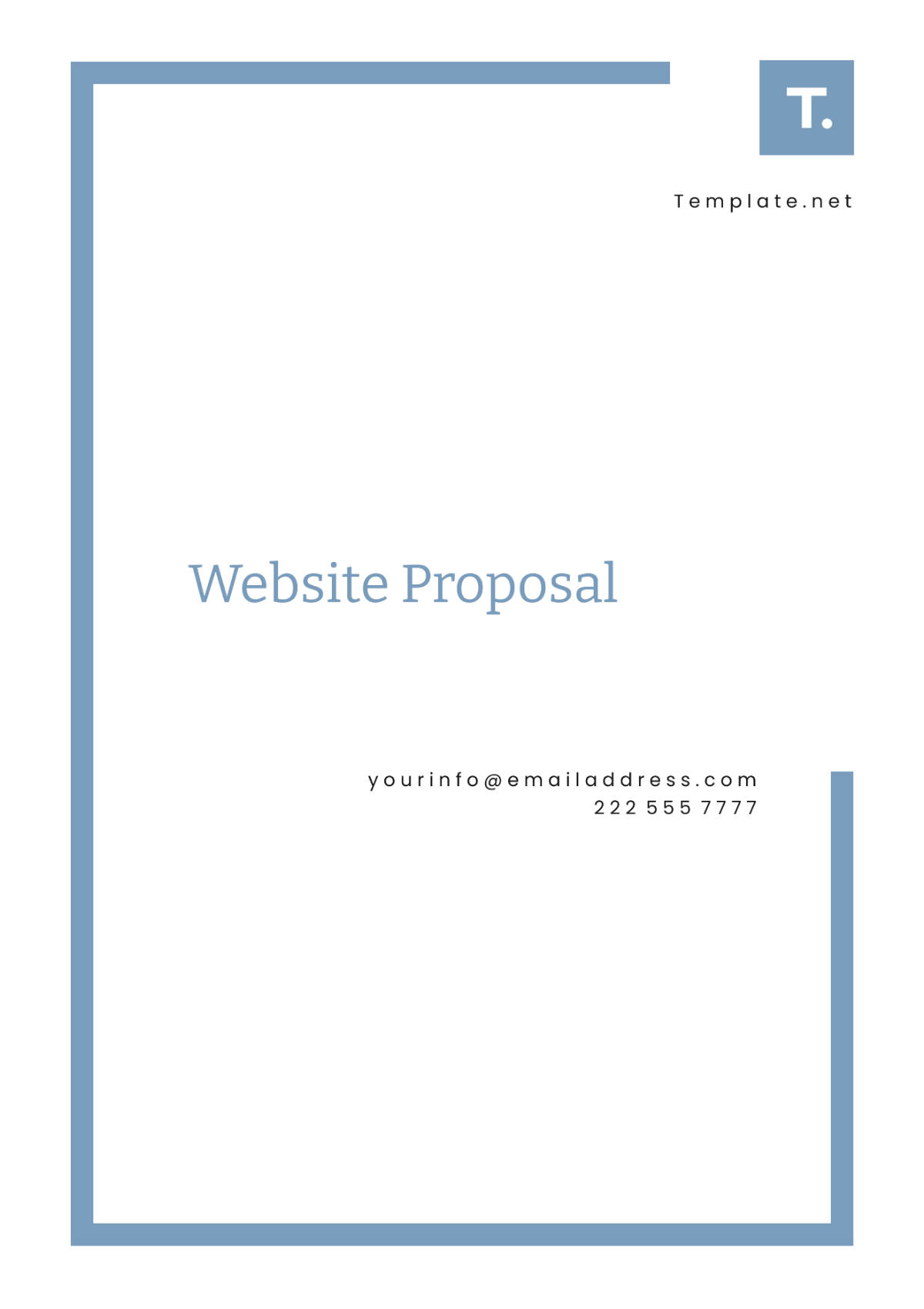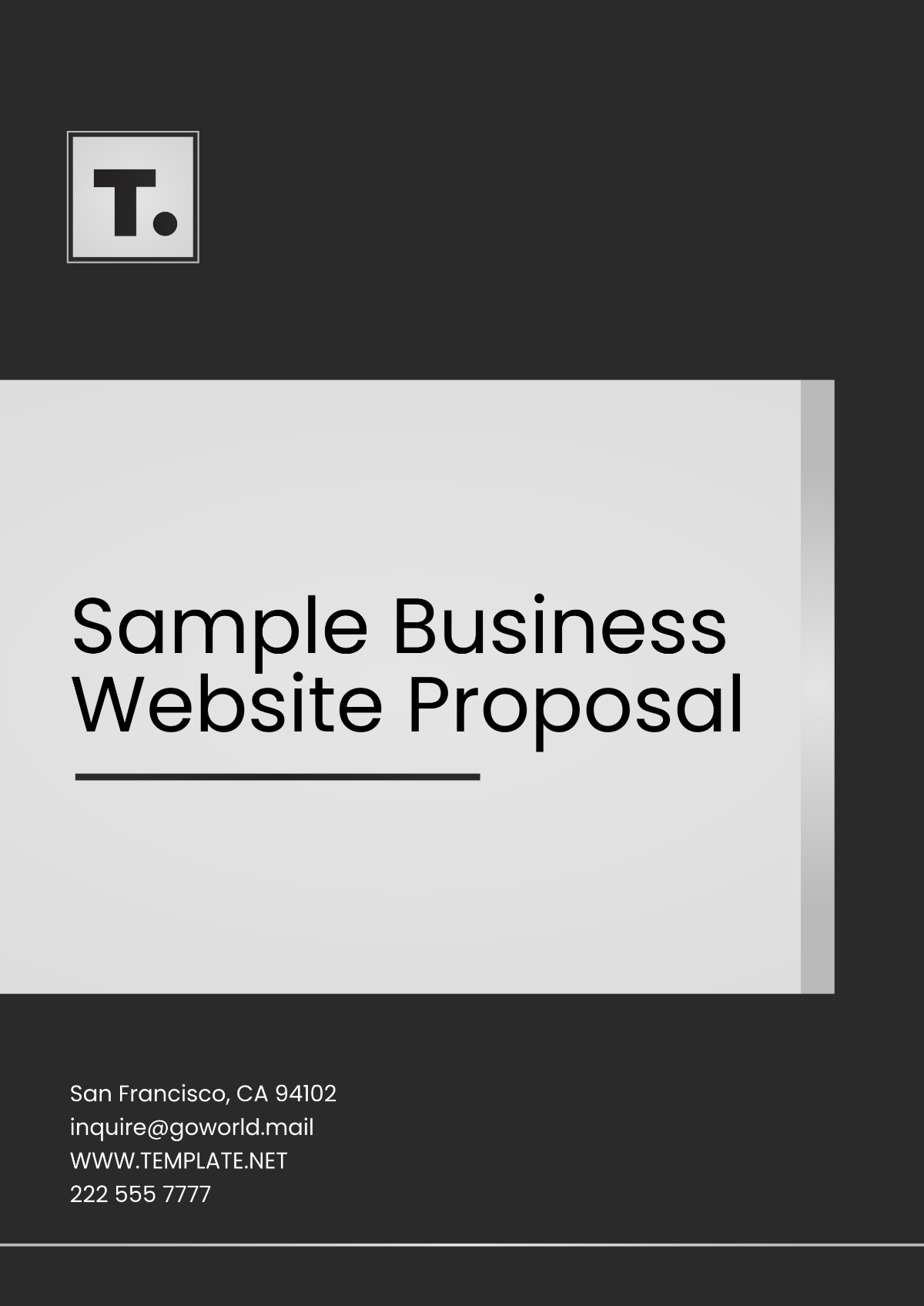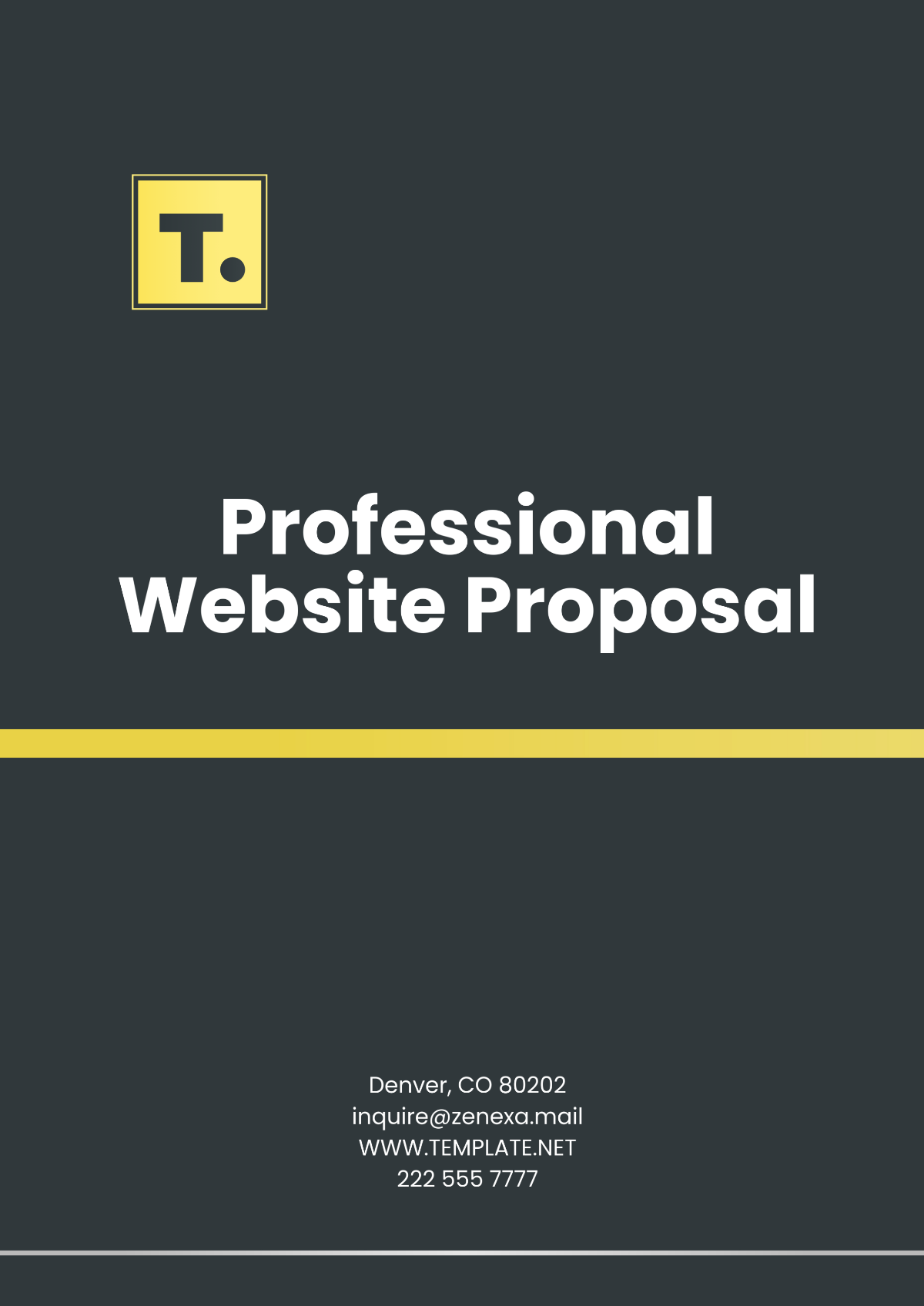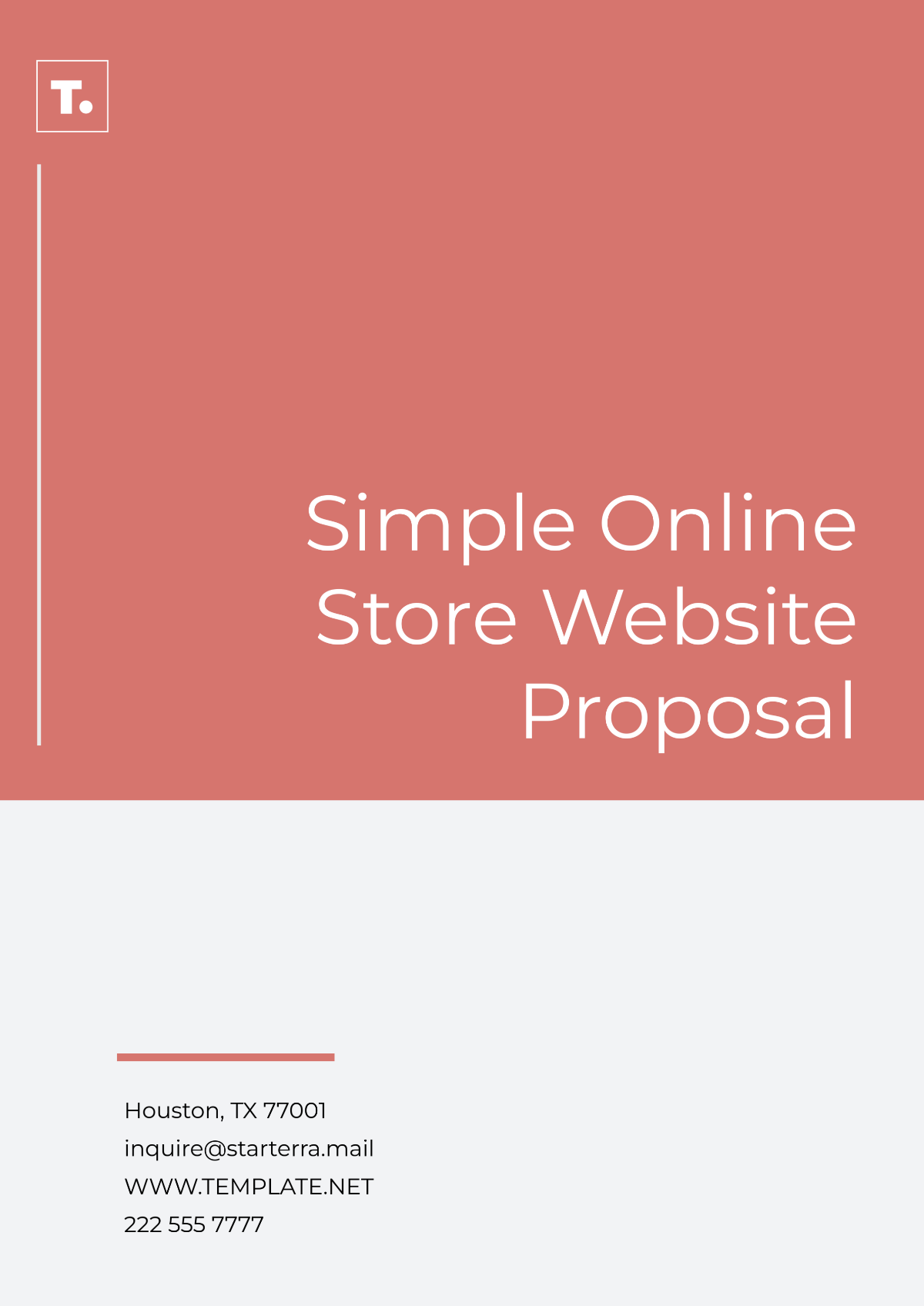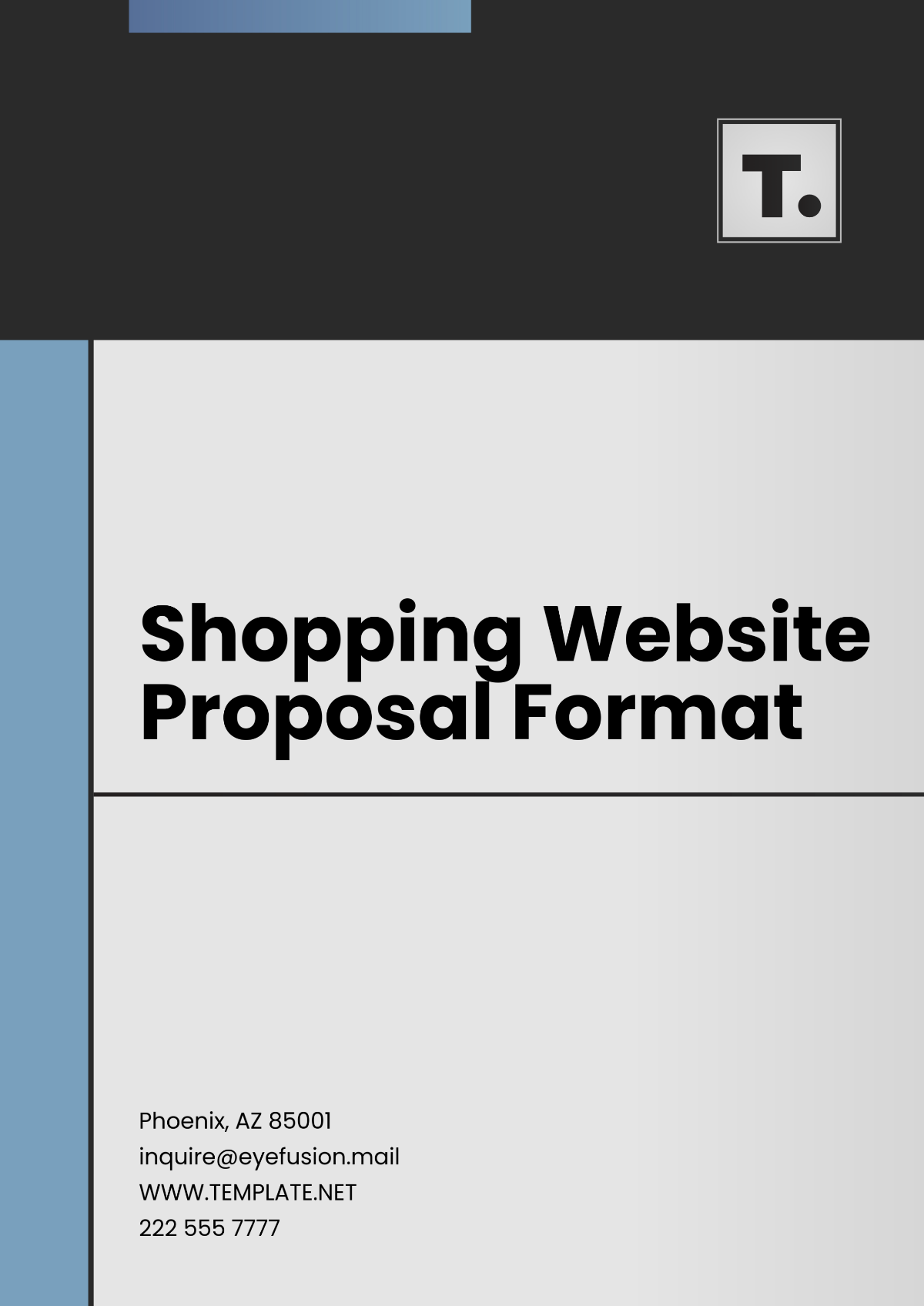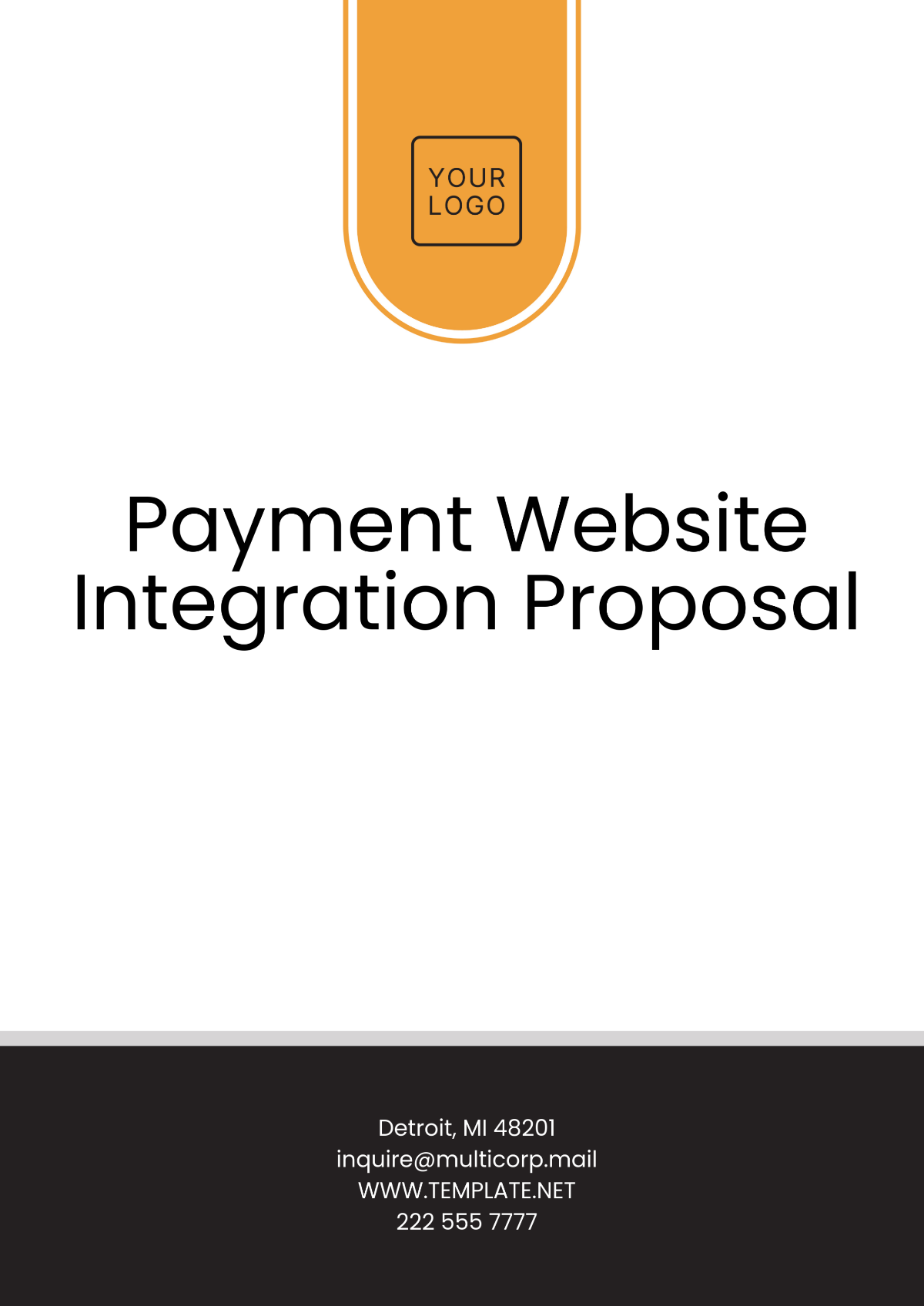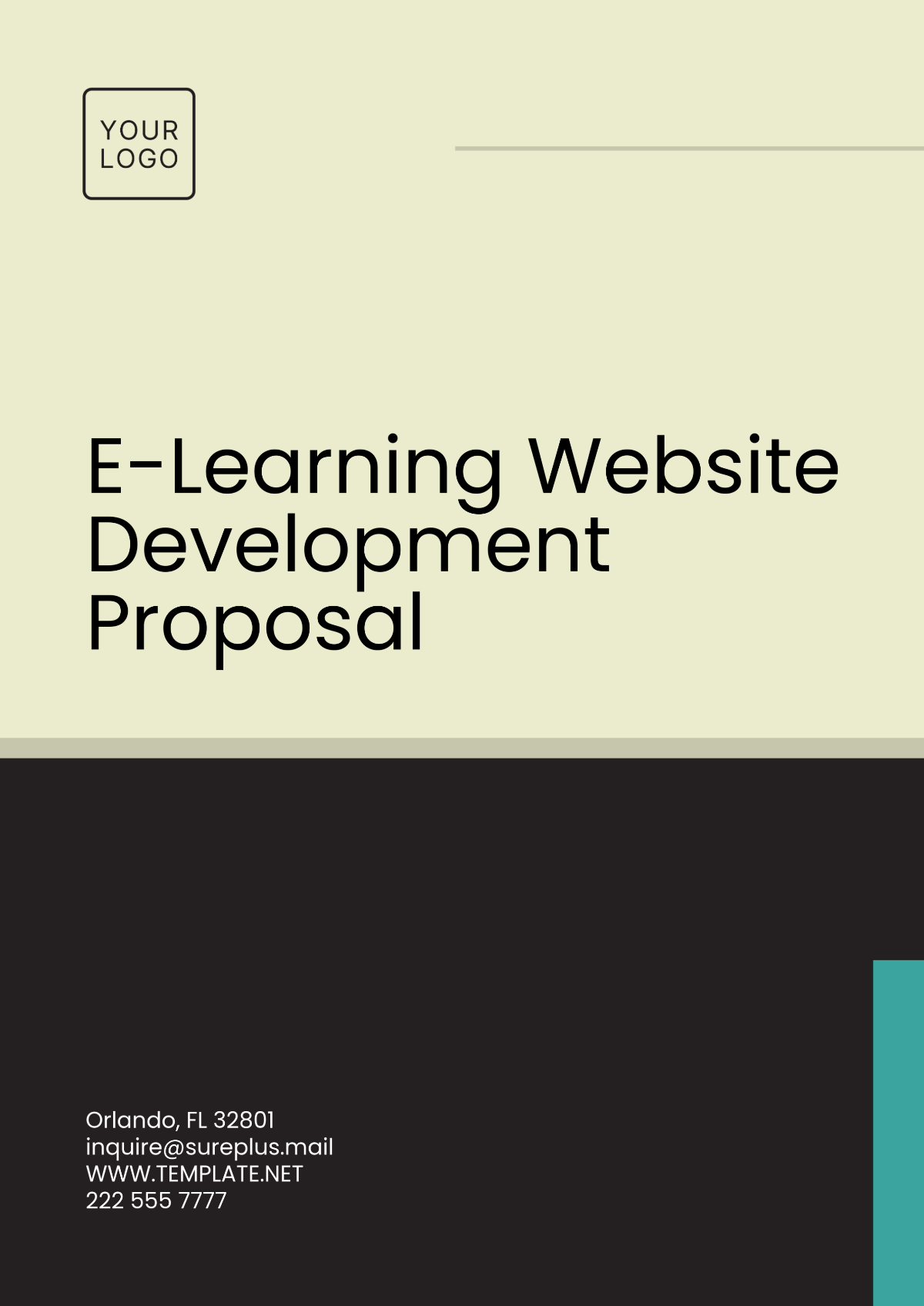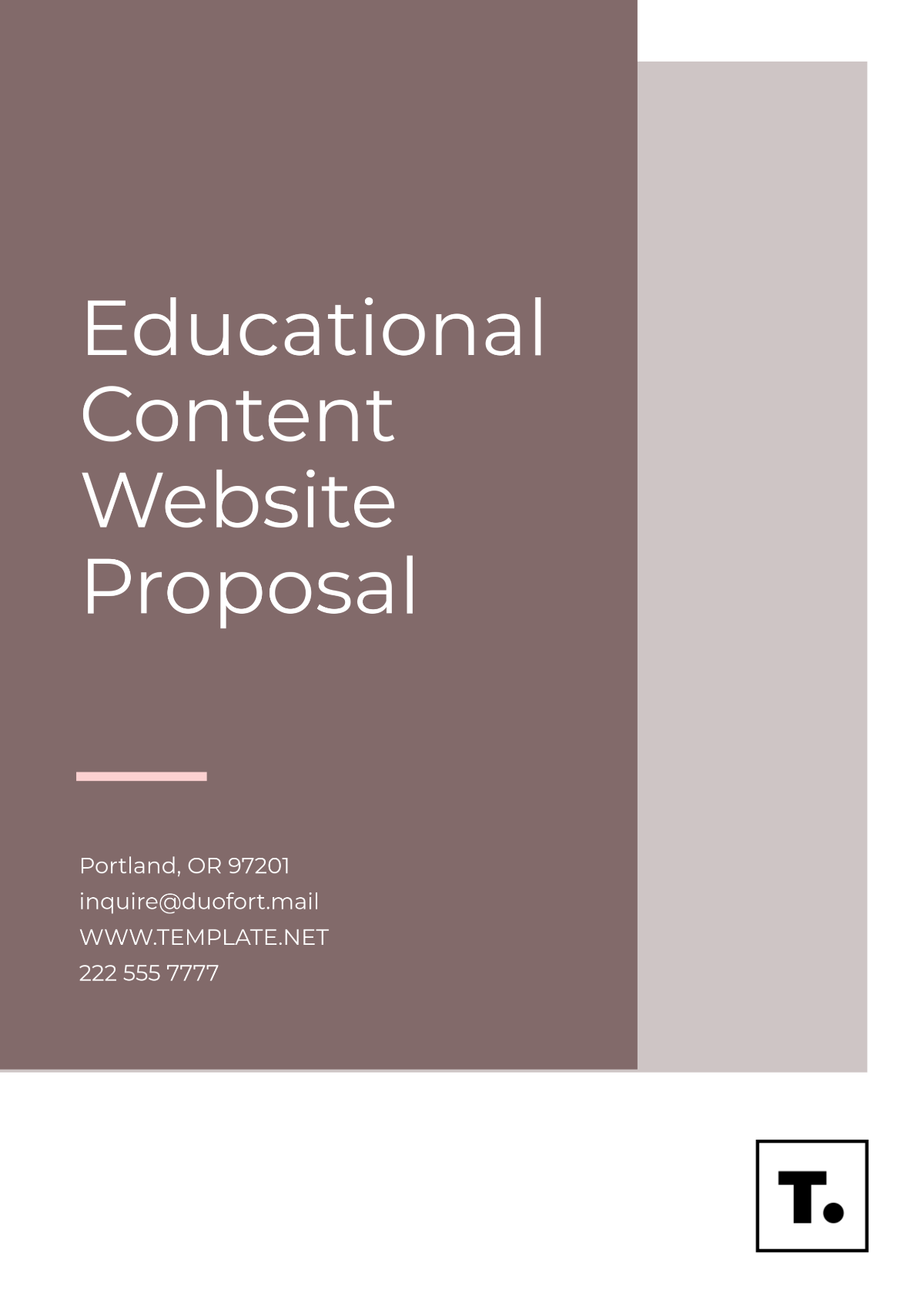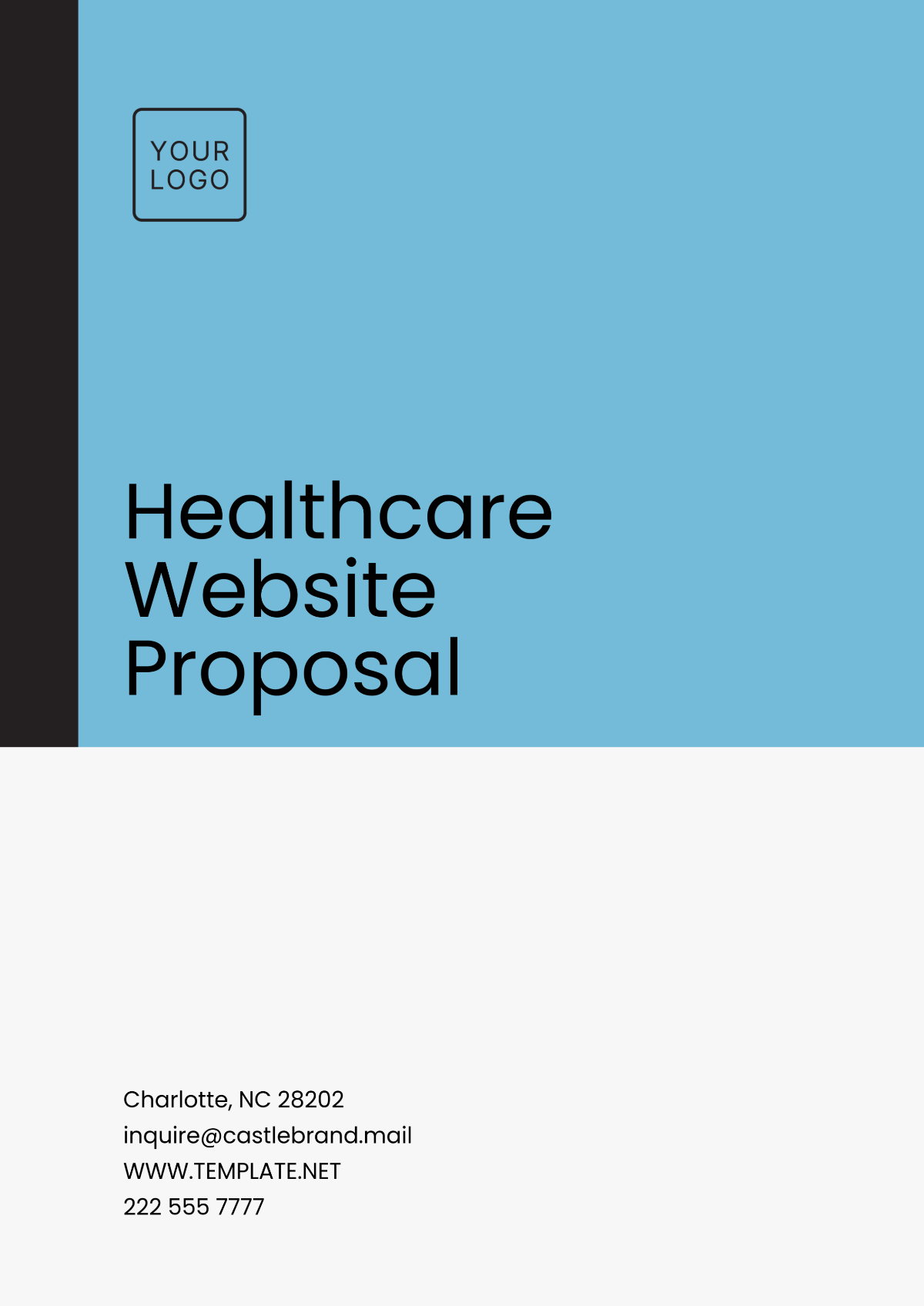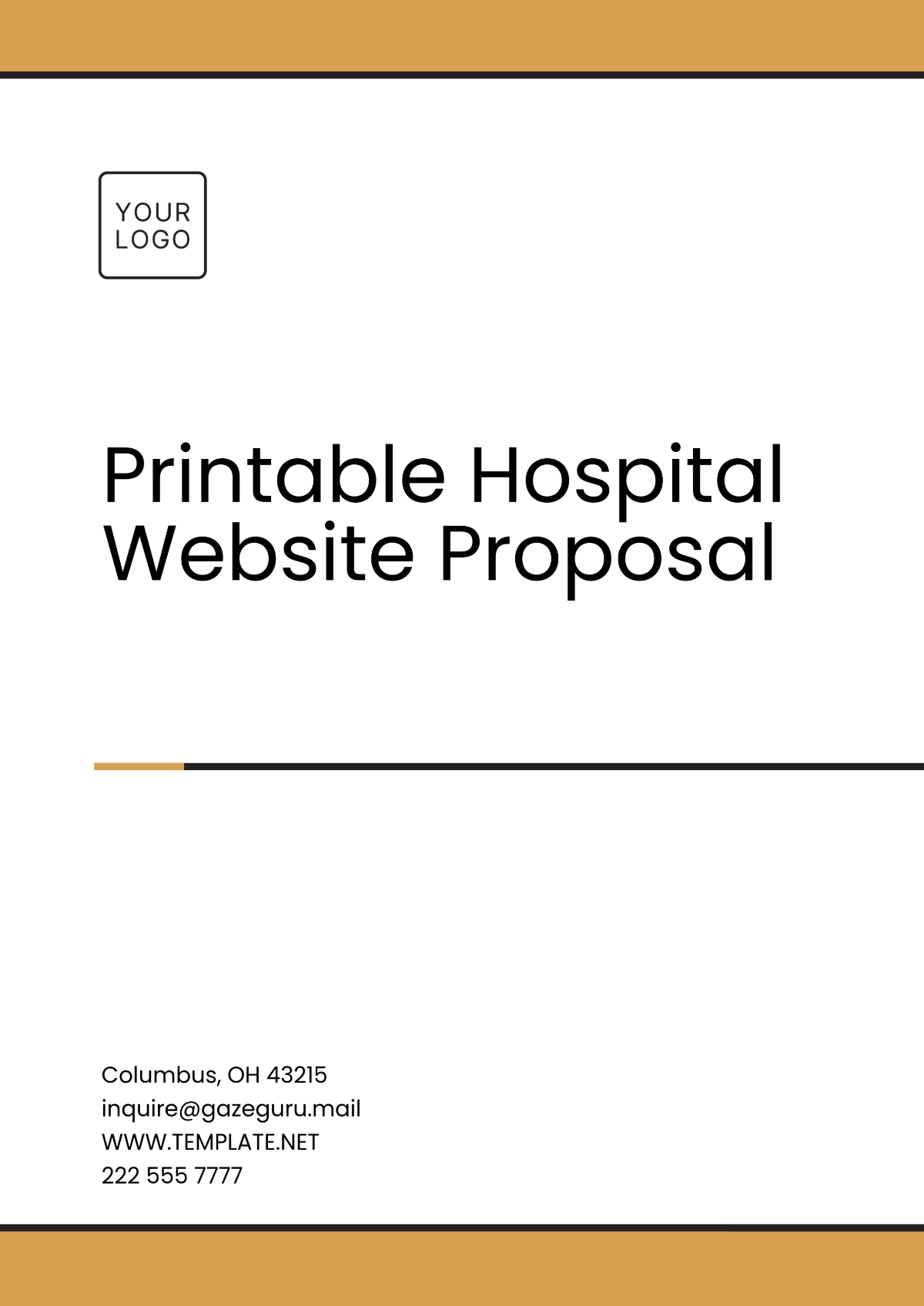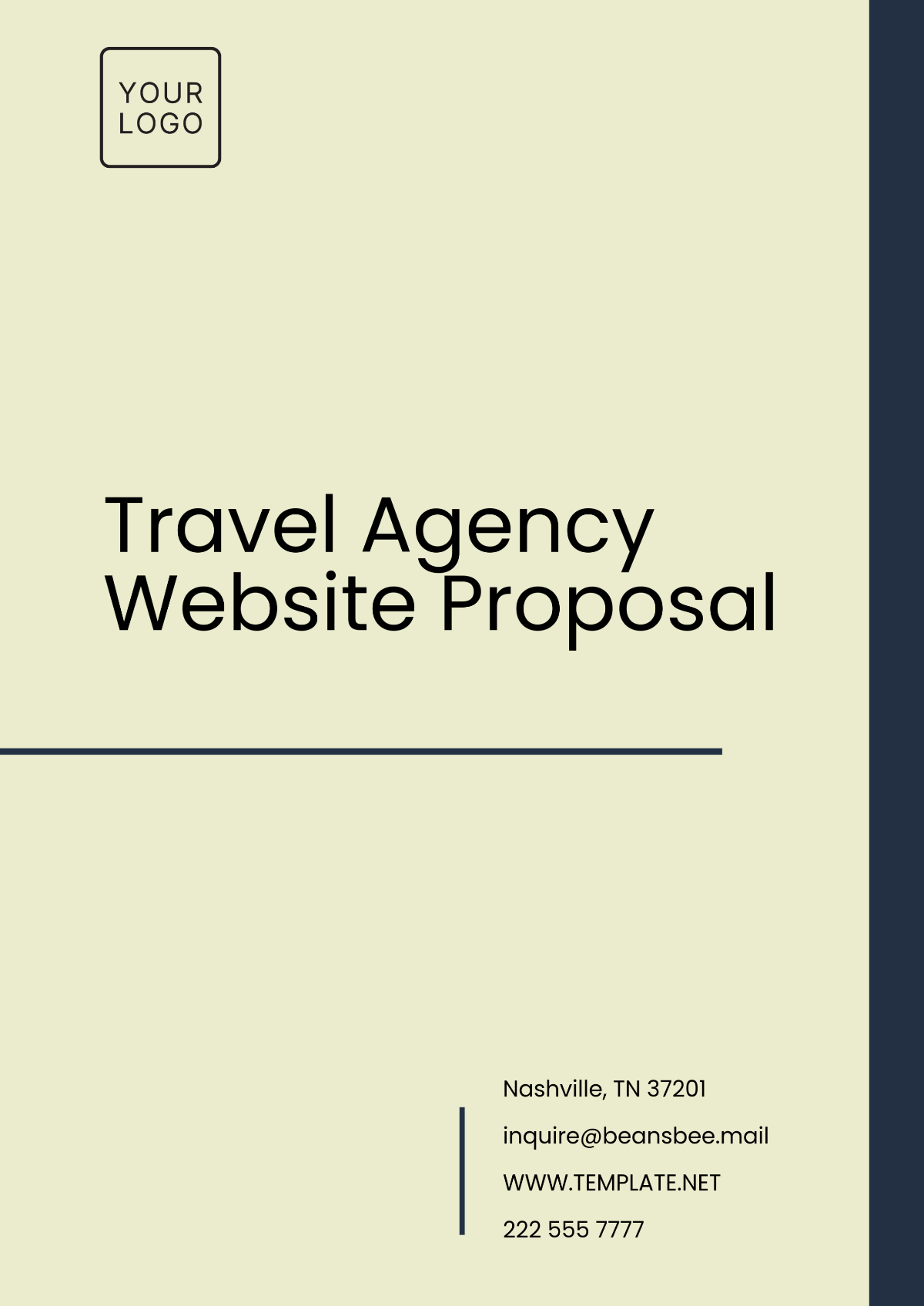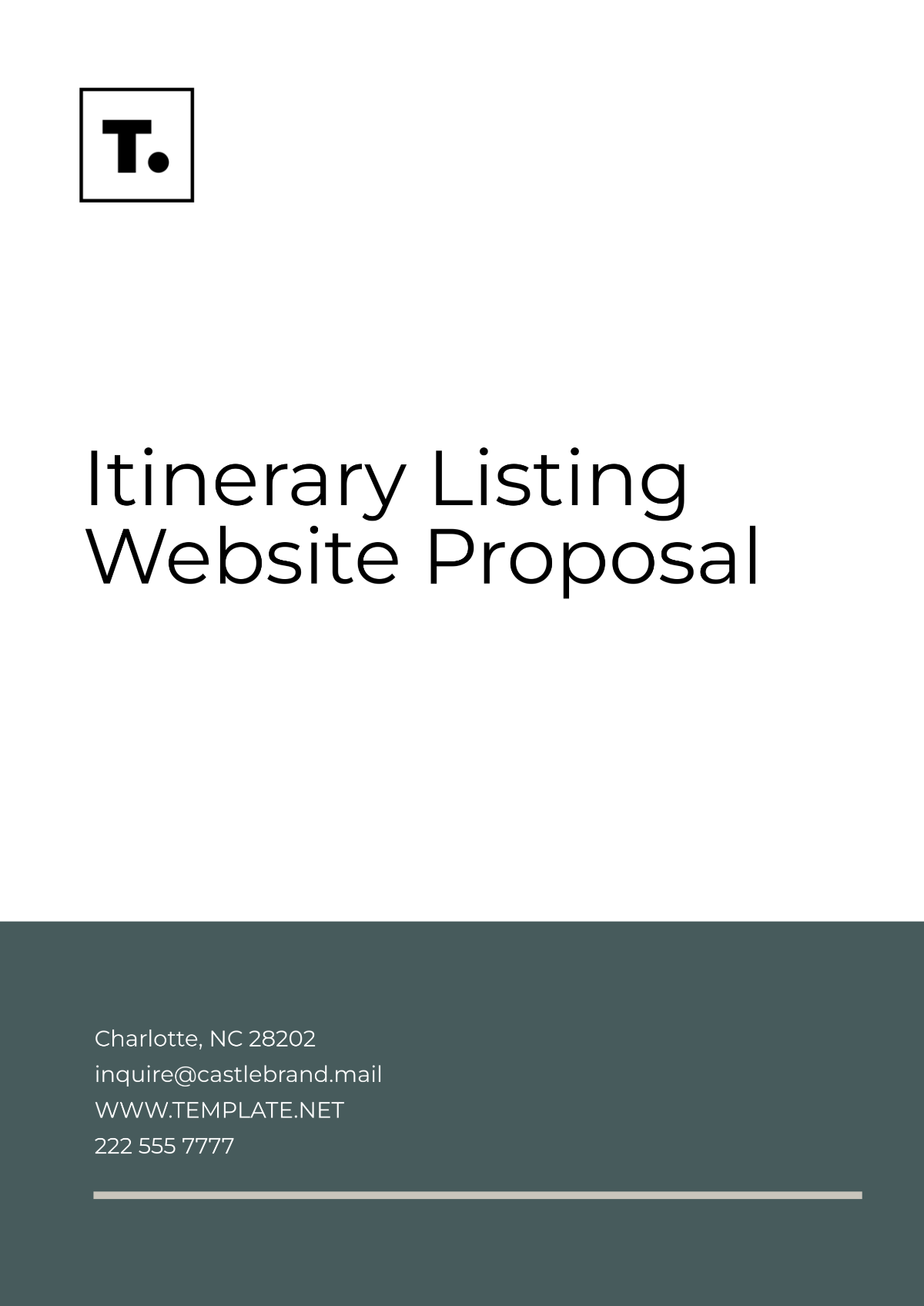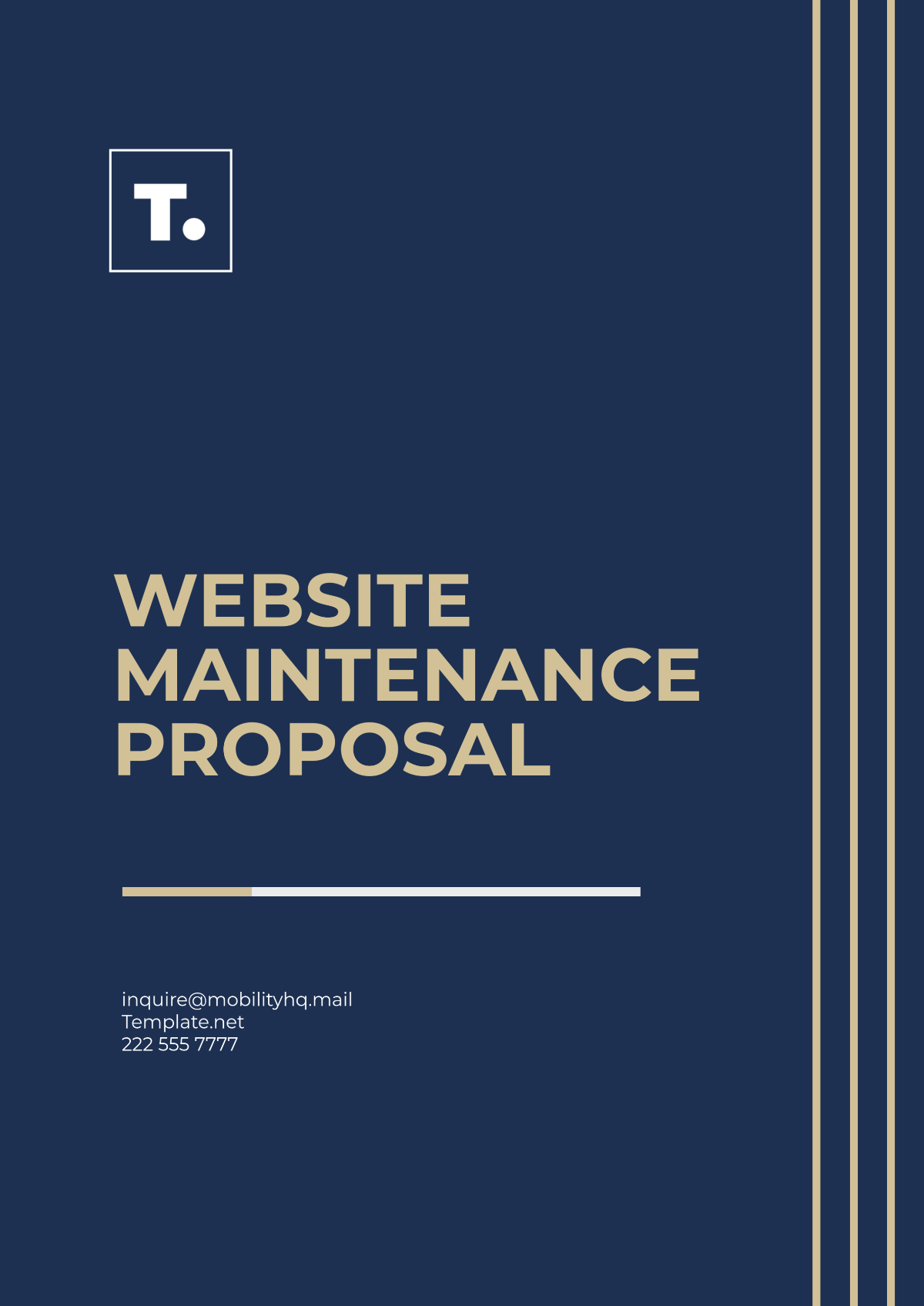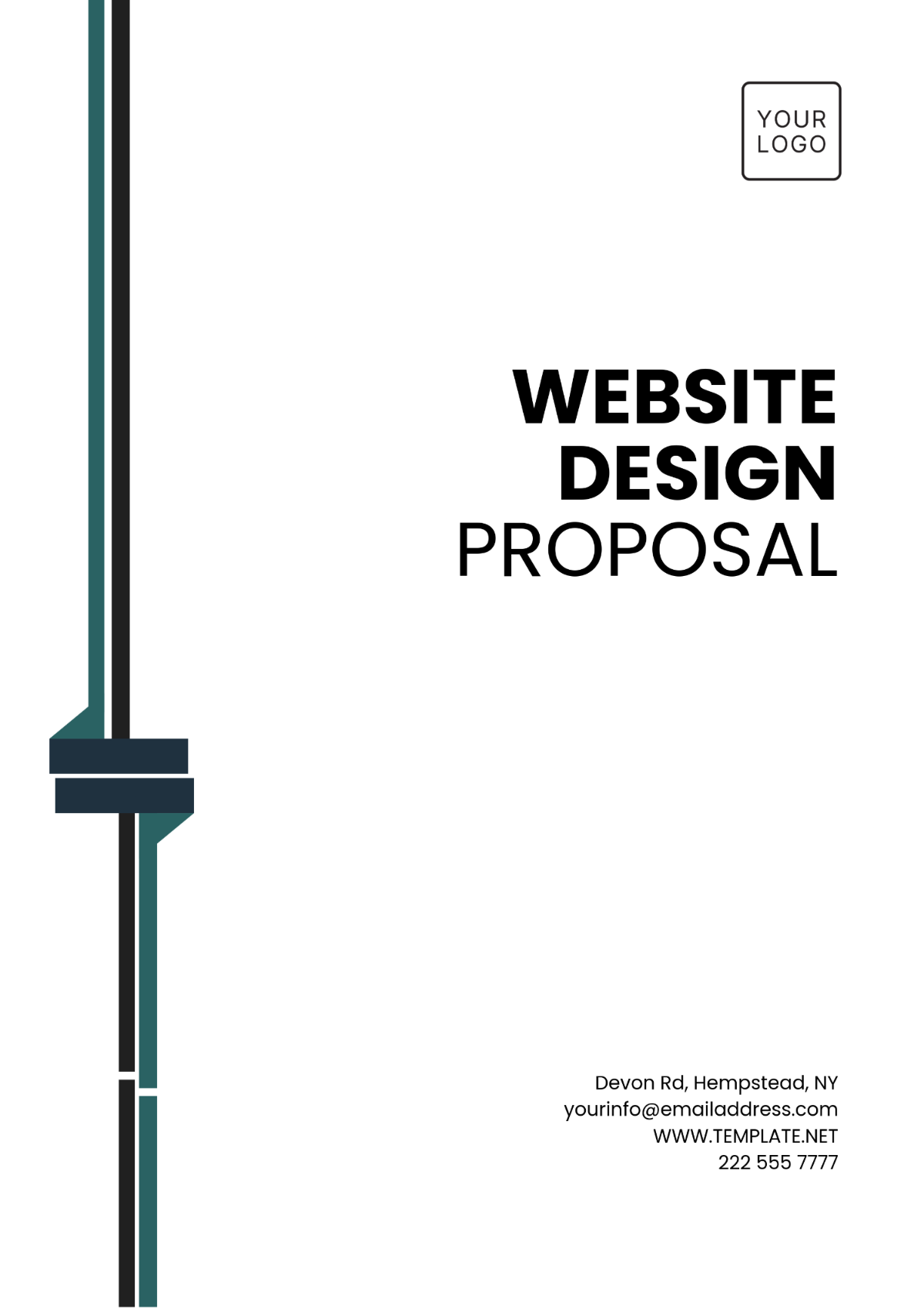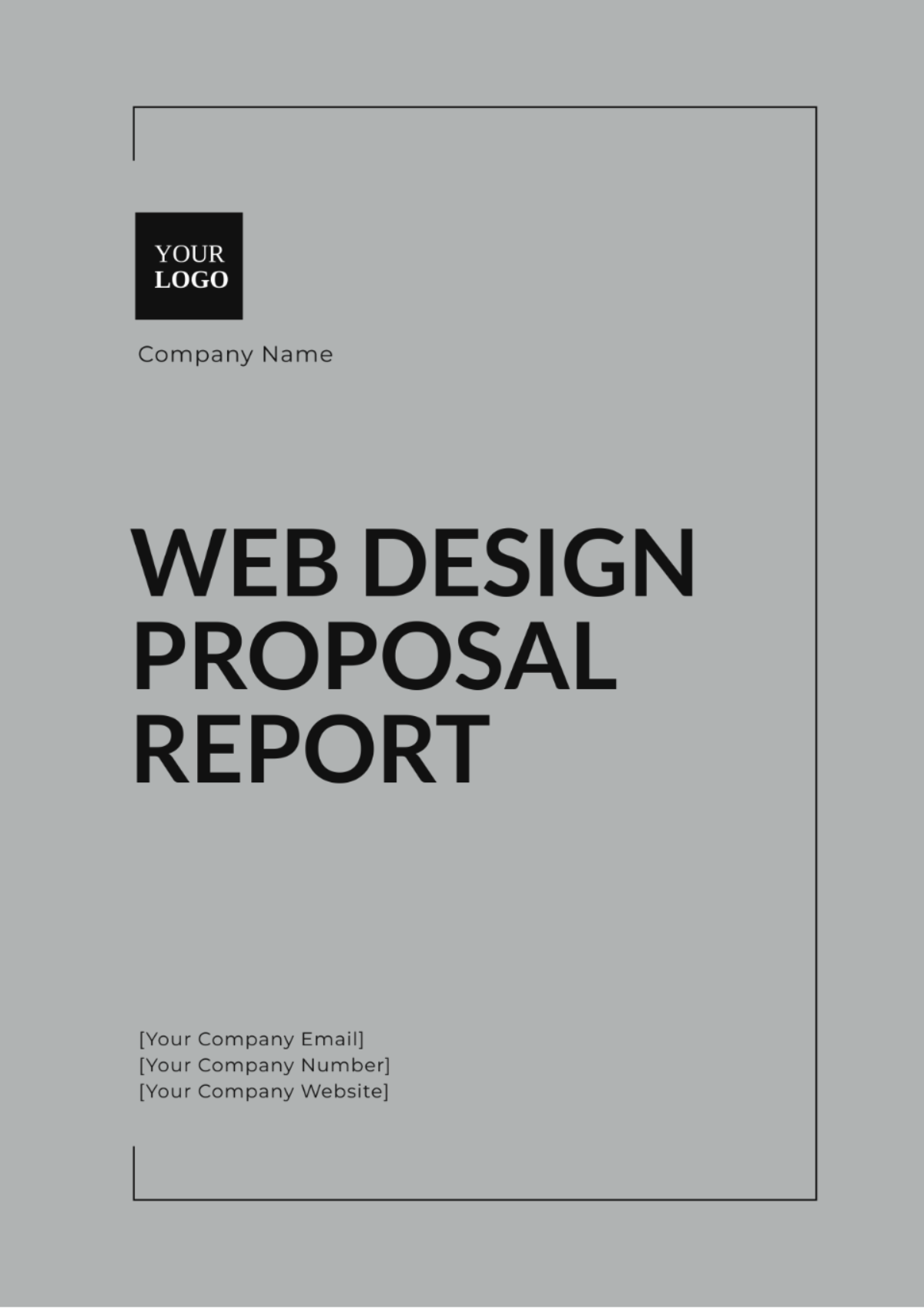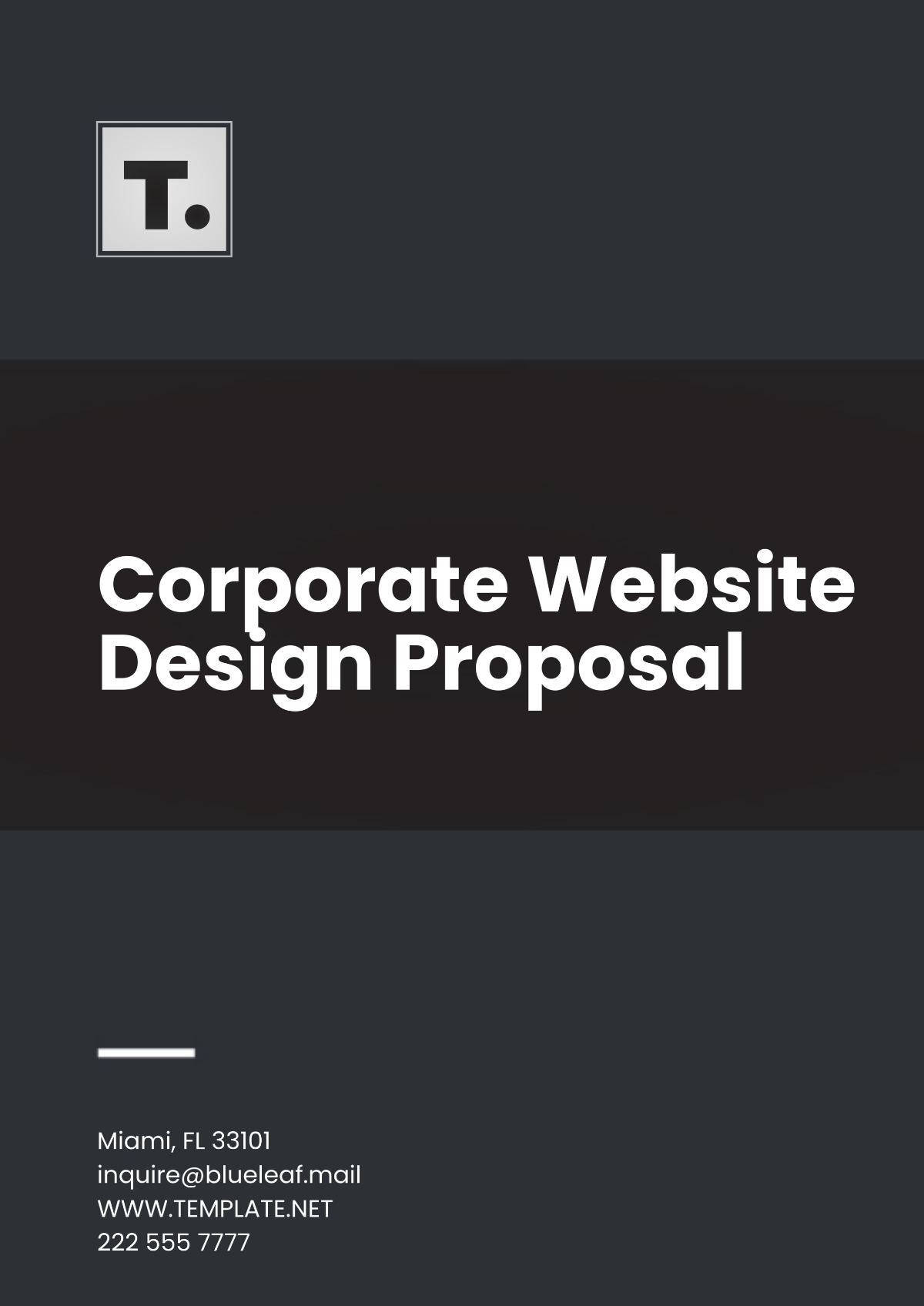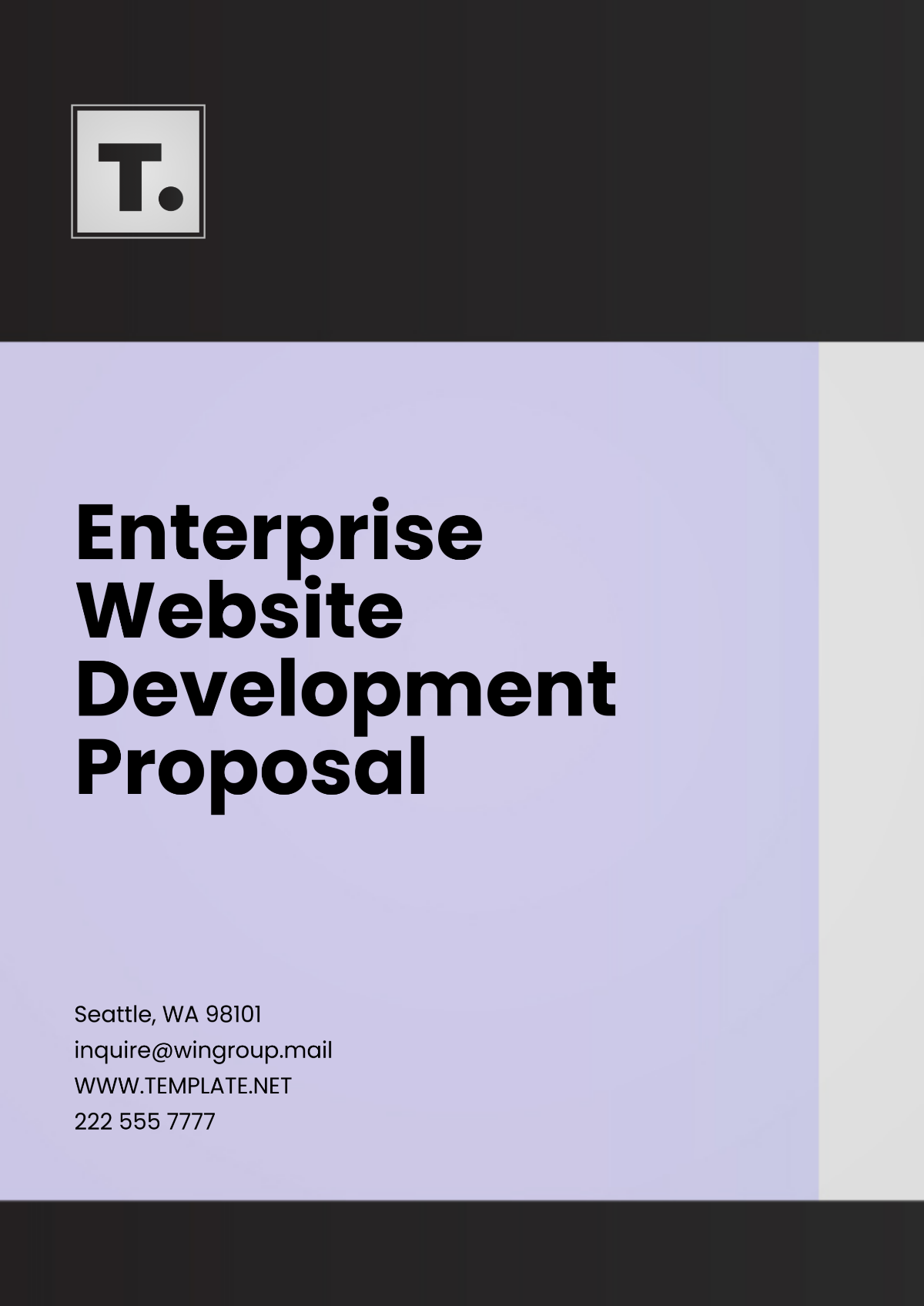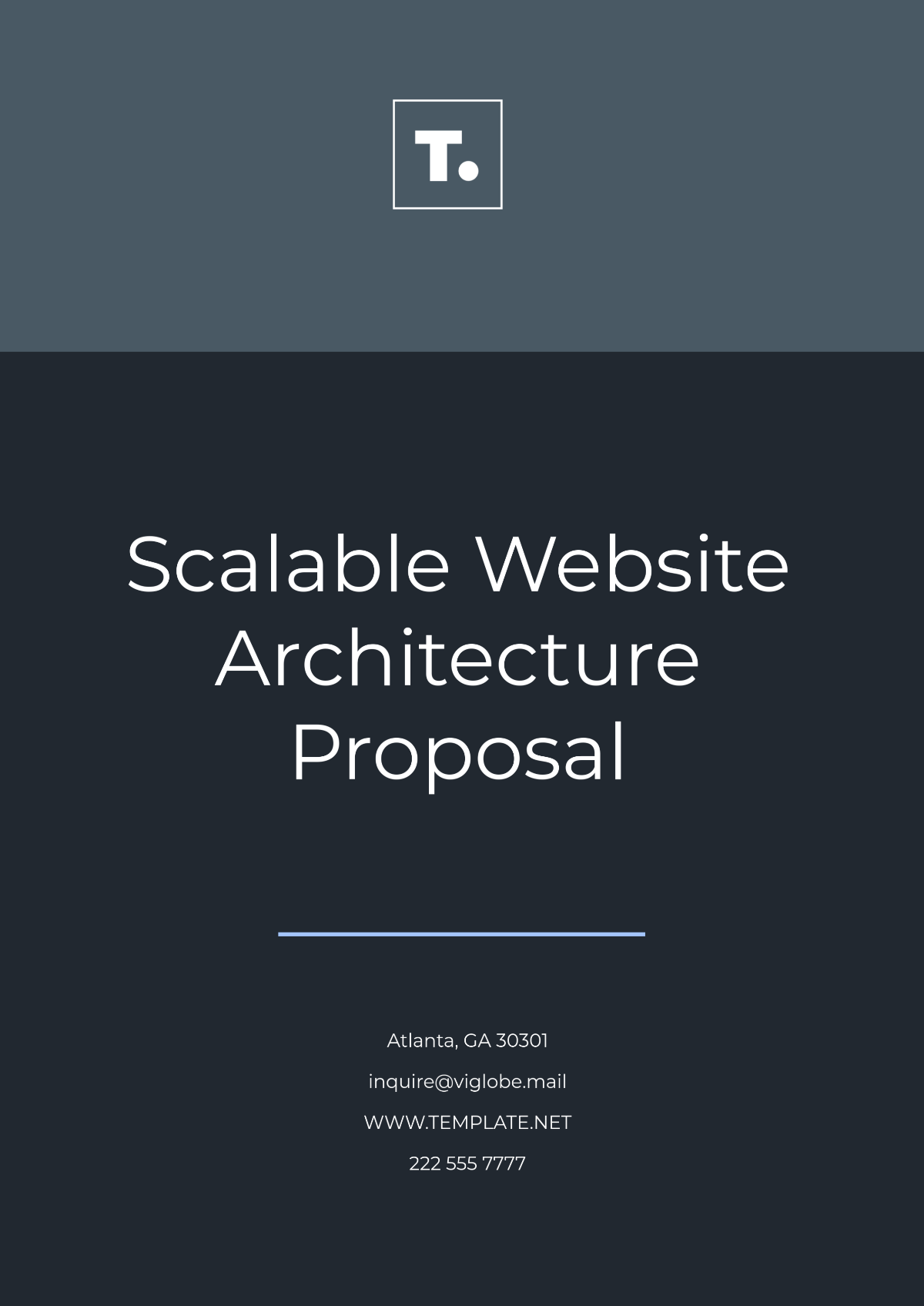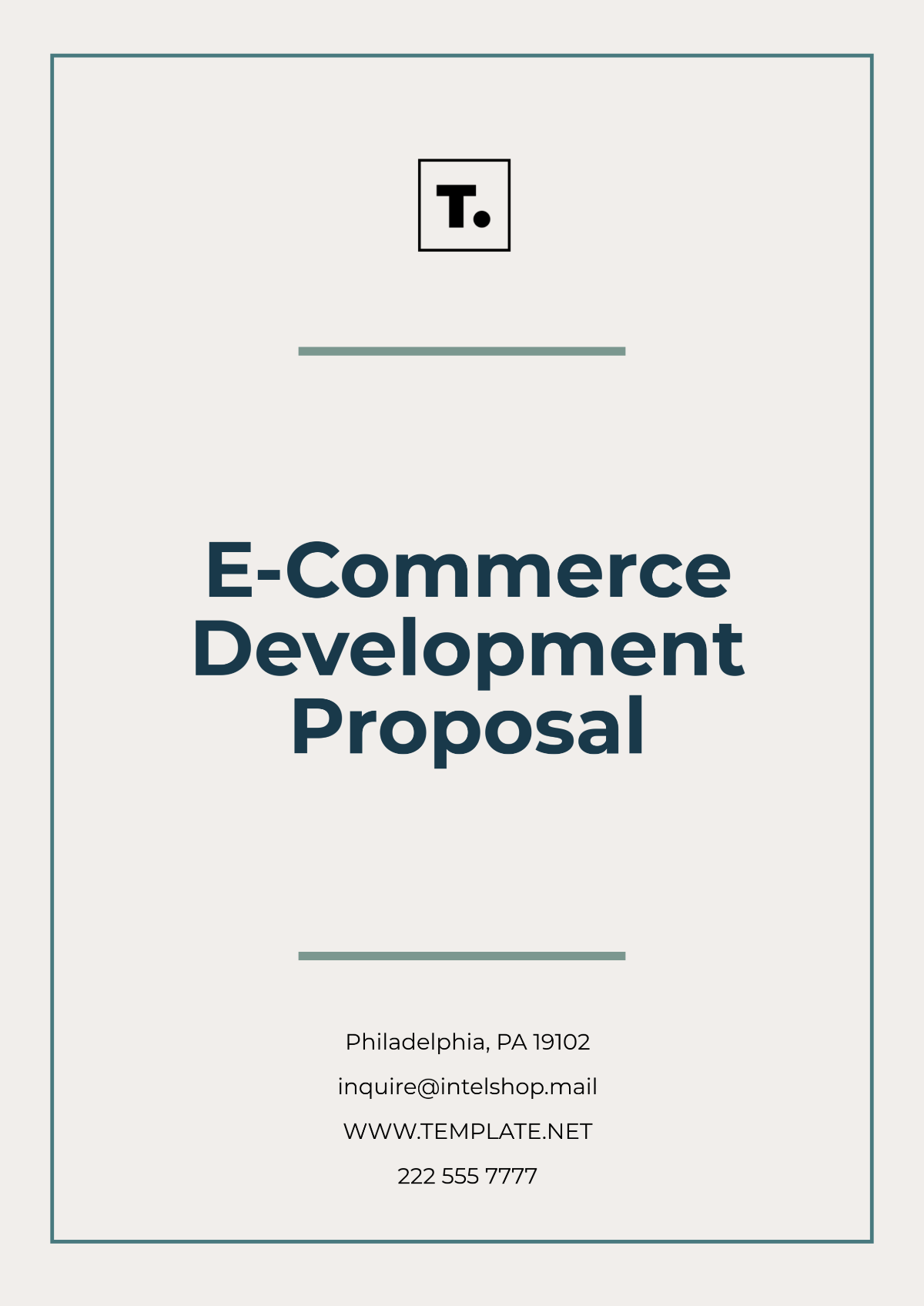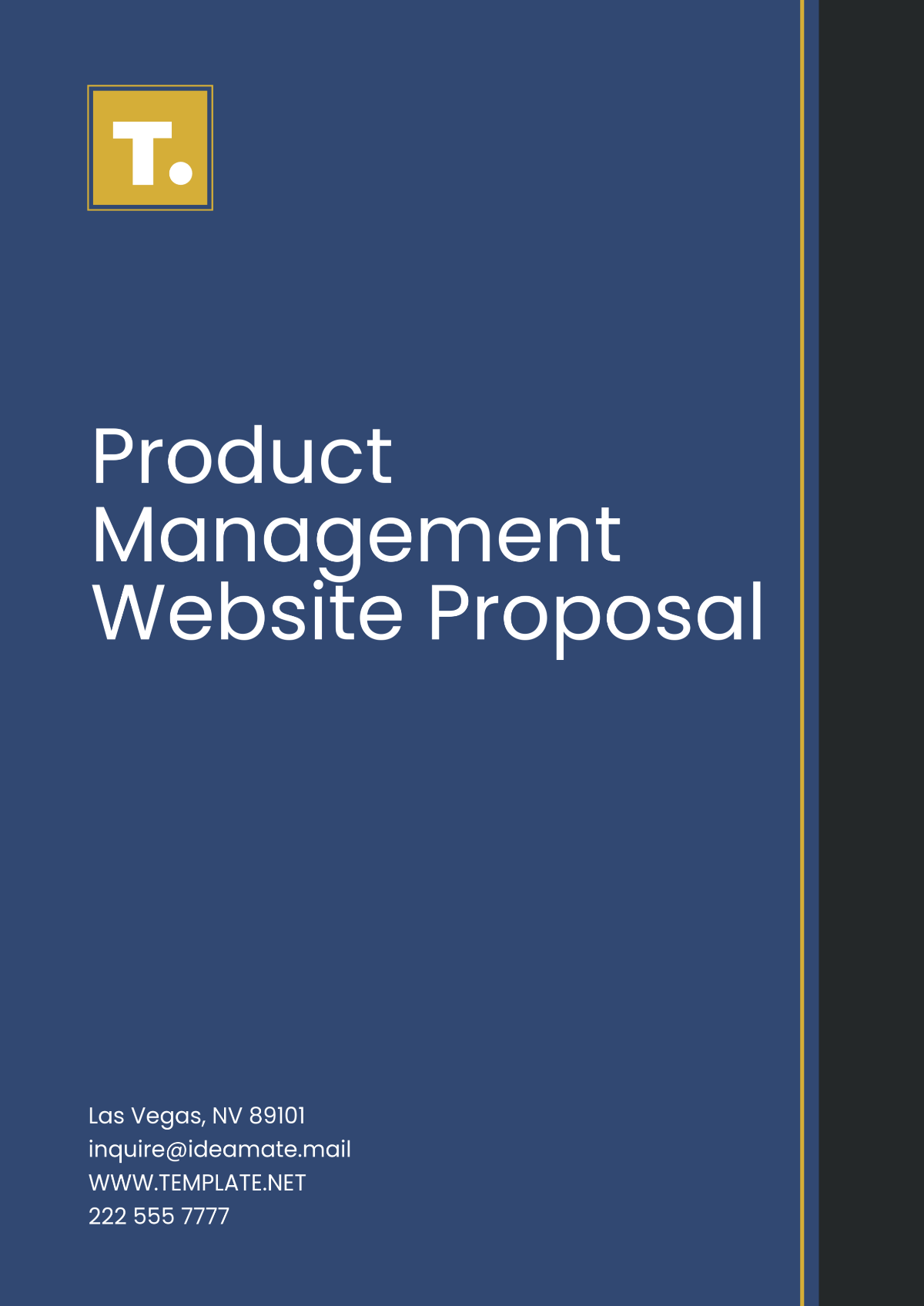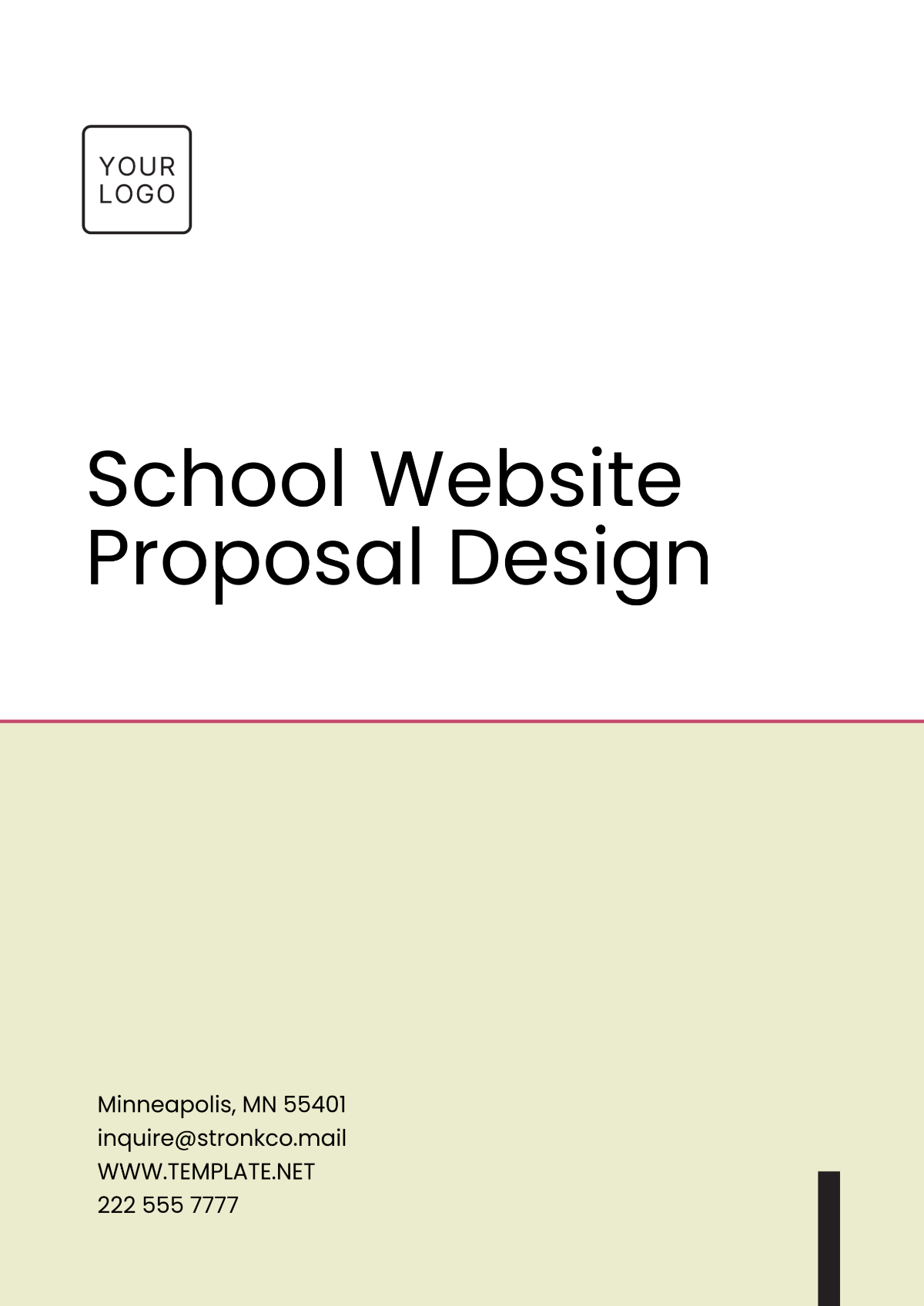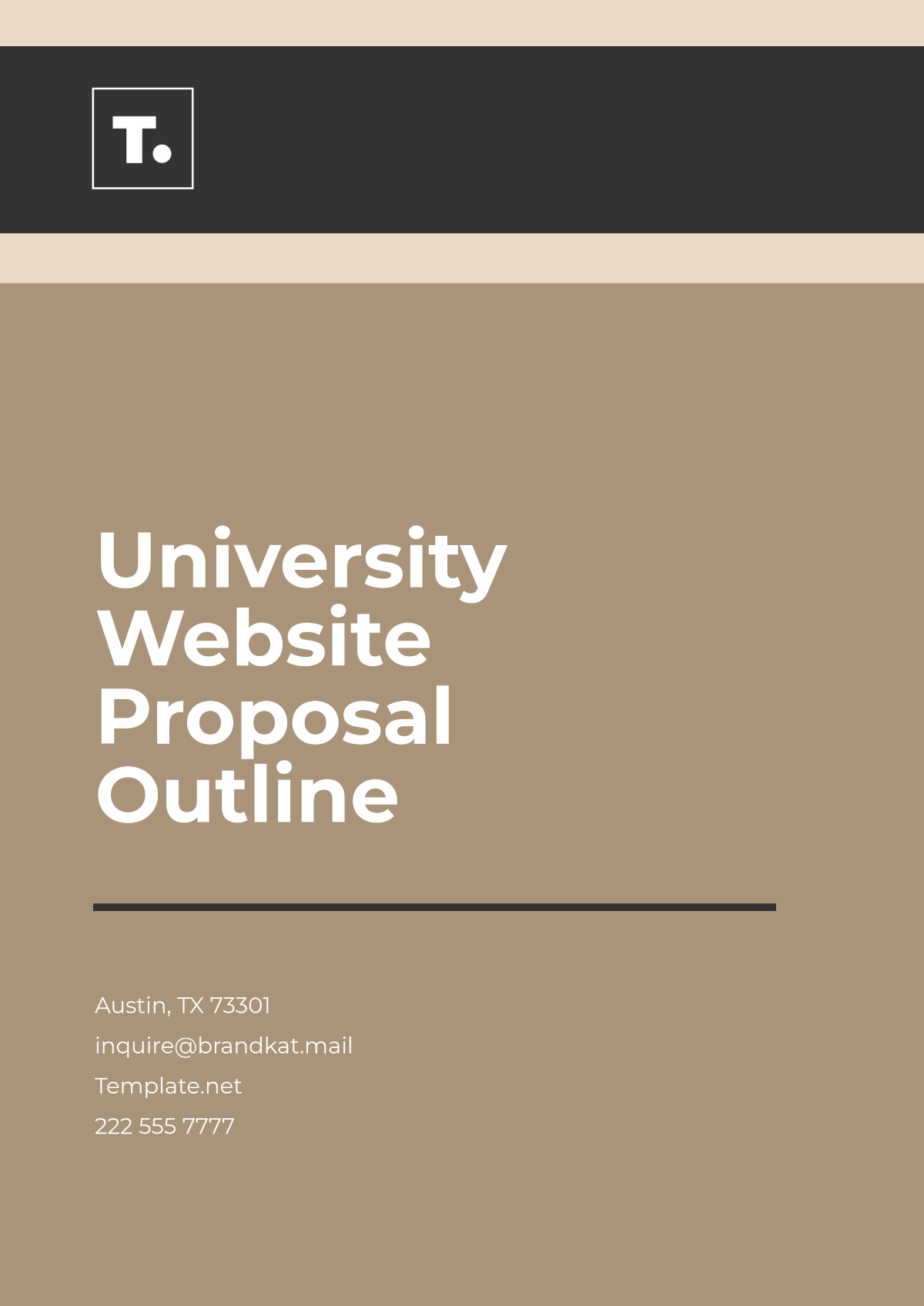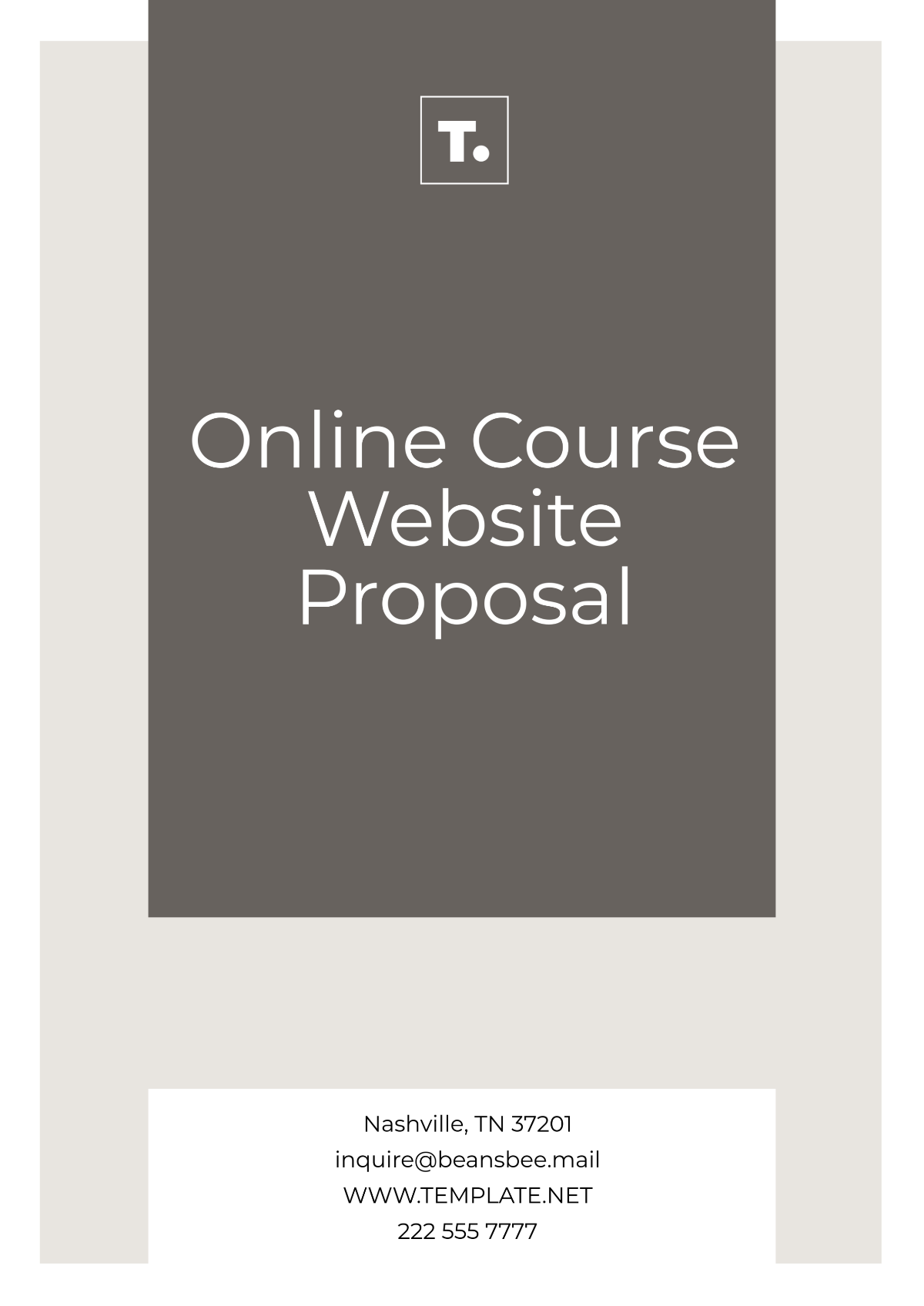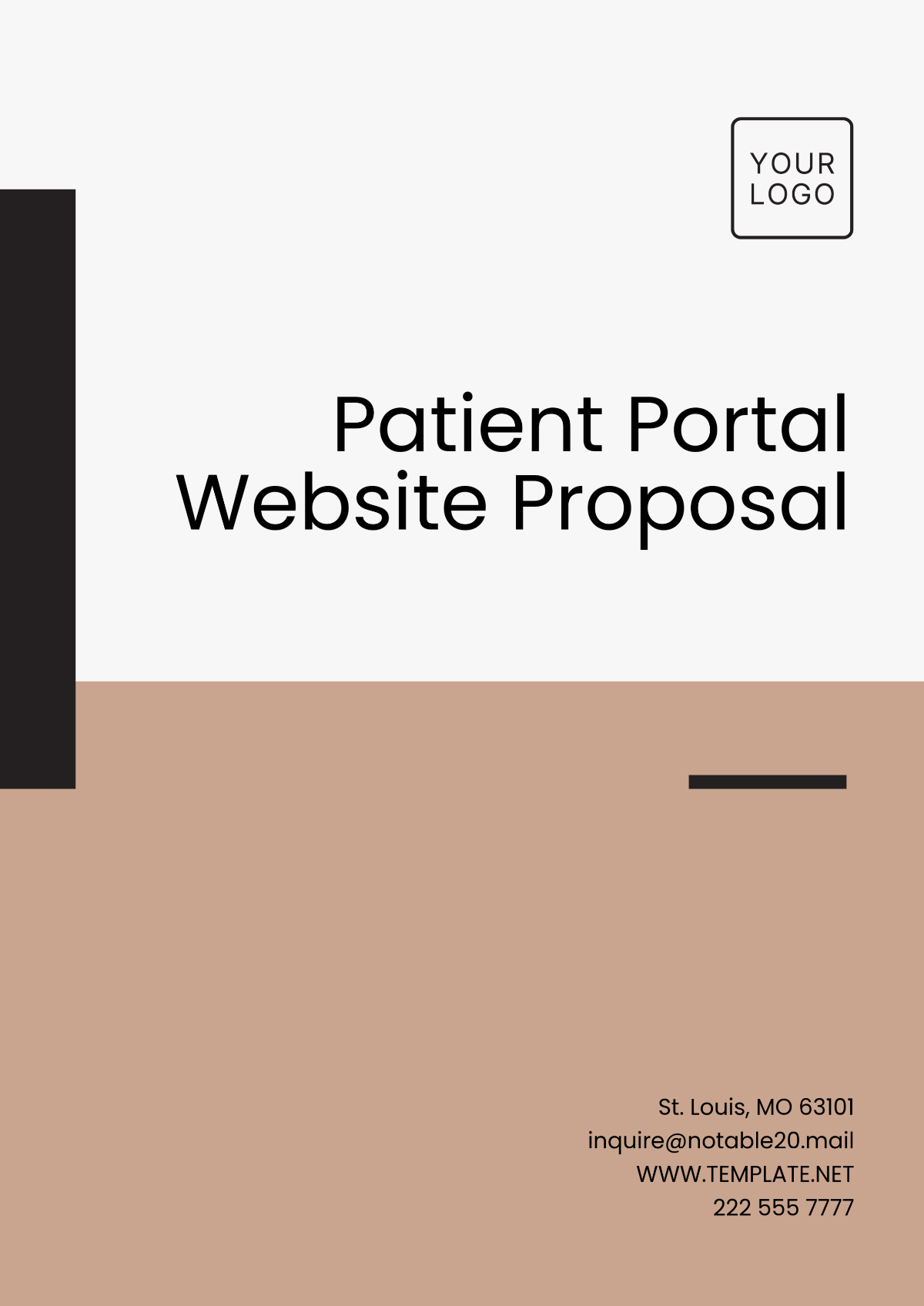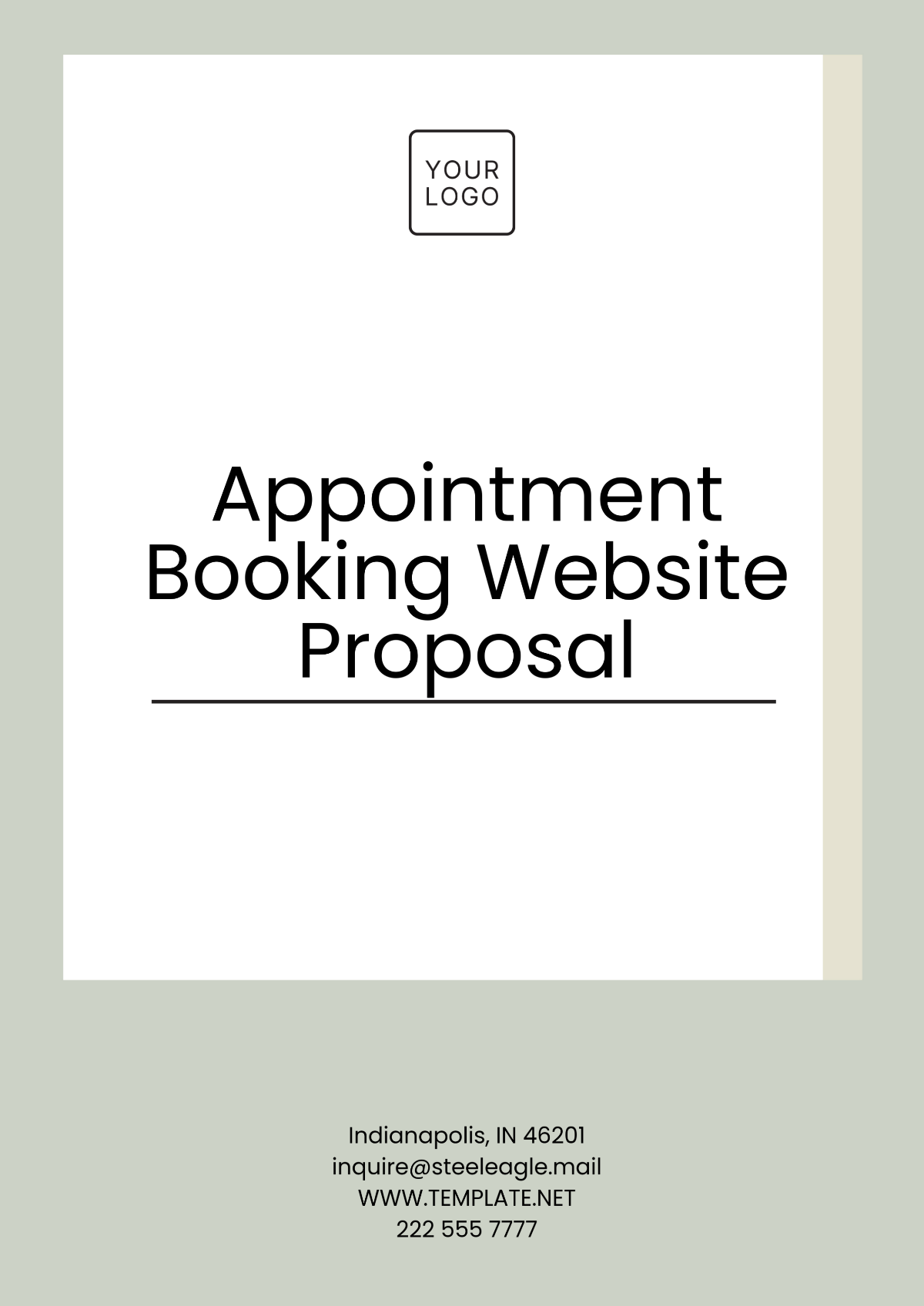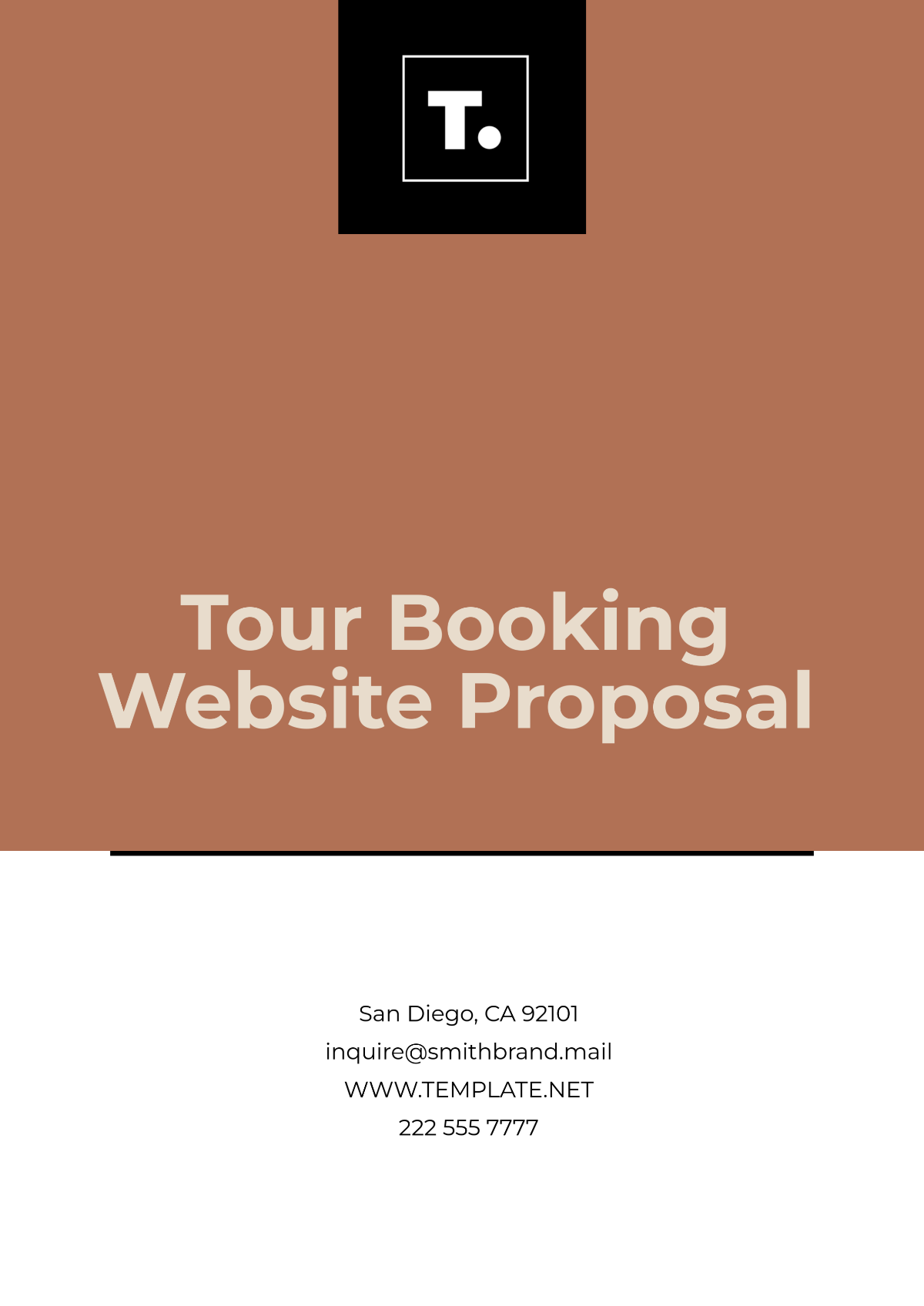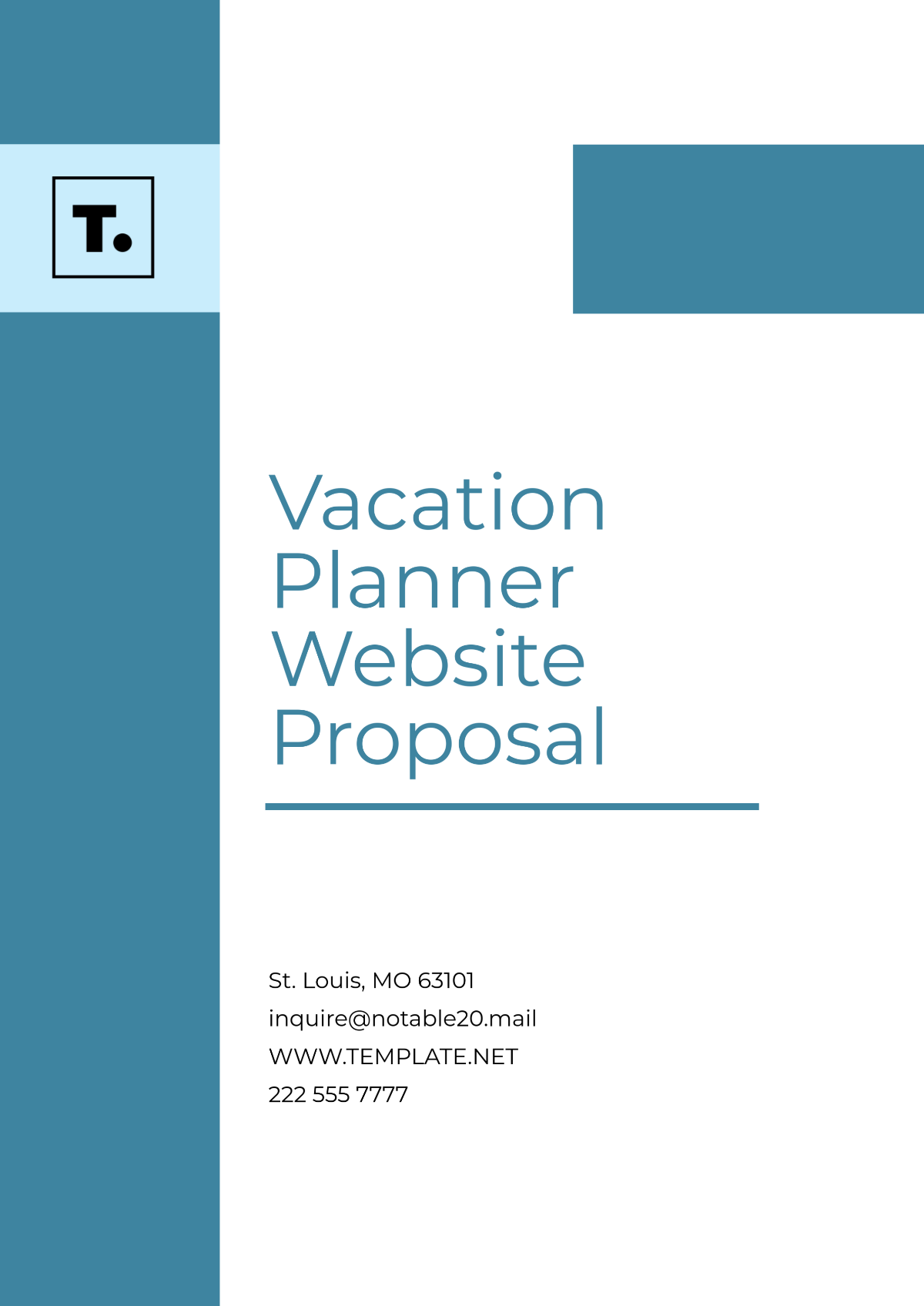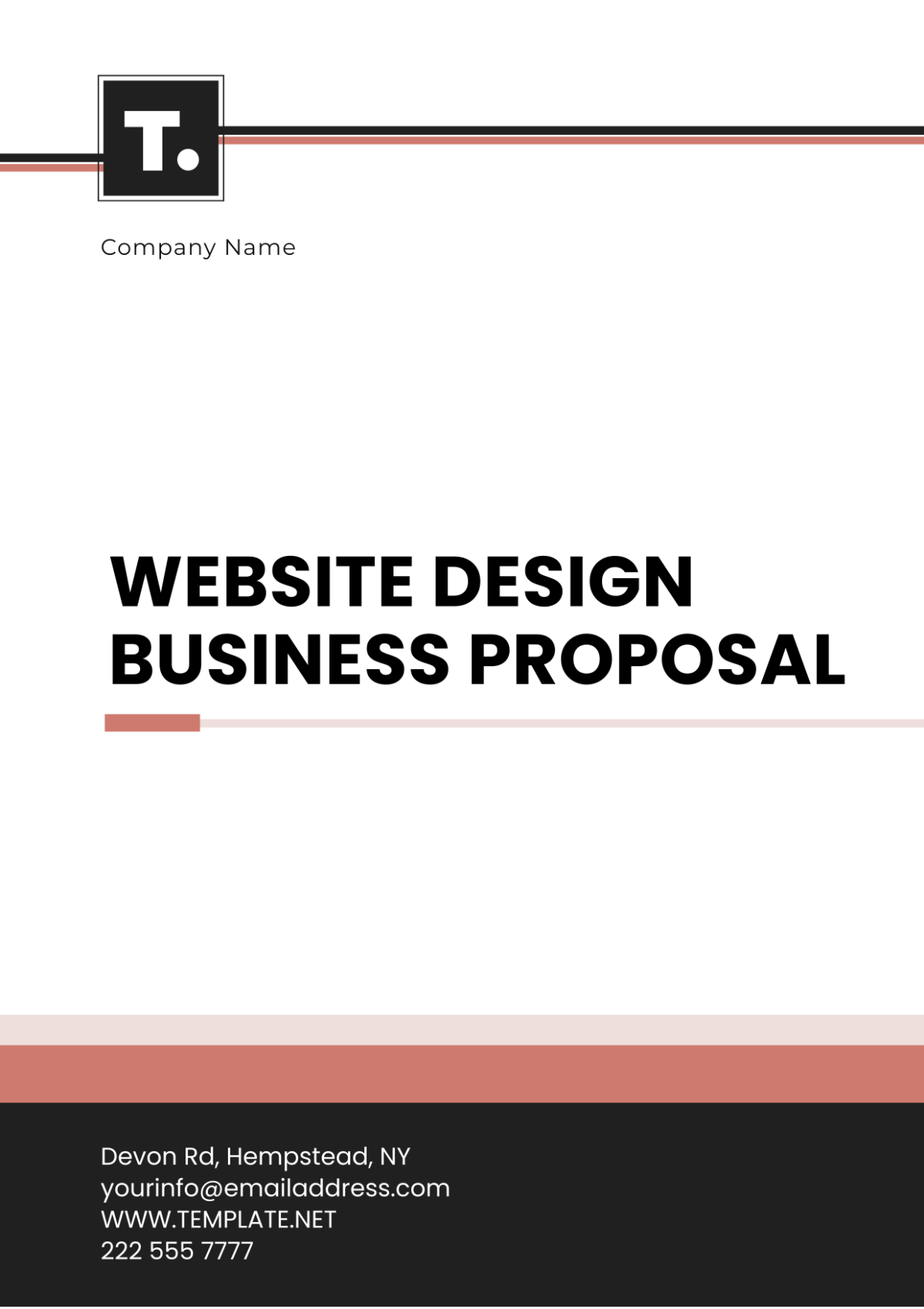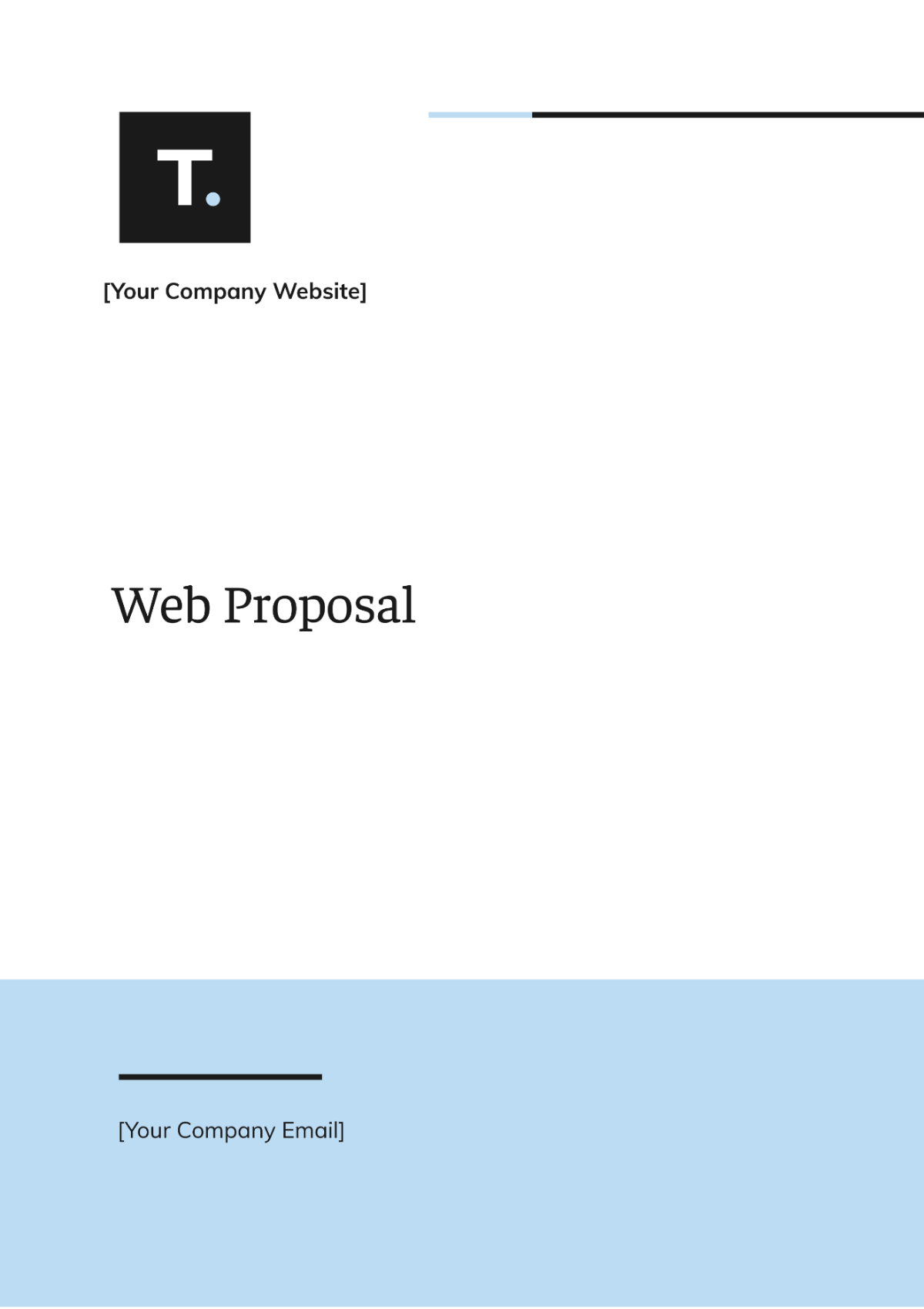Online Course Website Proposal
Prepared by: [Your Name]
Company: [Your Company Name]
Date: January 1, 2050
1. Executive Summary
This proposal outlines the development of an innovative and user-friendly online course website aimed at offering high-quality educational content to learners worldwide. The platform will feature diverse courses ranging from technology and business to personal development. With an intuitive design, seamless user experience, and powerful backend features, this website will empower students to learn, interact, and succeed in their chosen fields. The site will utilize cutting-edge technology to ensure scalability and security.
2. Objectives and Goals
The key objectives of the online course website are:
Deliver High-Quality Content: Provide expert-led courses with a focus on practical, real-world applications.
Enhance User Experience: Create an intuitive, easy-to-navigate platform to ensure learners enjoy a smooth and engaging experience.
Expand Global Reach: Make education accessible to learners from all corners of the world, ensuring we reach diverse audiences.
Foster Lifelong Learning: Provide ongoing learning opportunities with new courses, certifications, and updates regularly.
3. Target Audience
The online course website will cater to the following audiences:
Students (Age 18-35): Individuals seeking to gain new skills, improve career prospects, or explore new fields of knowledge.
Professionals (Age 25-50): Career-driven individuals looking to upskill, reskill, or earn certifications to advance in their careers.
Corporations: Organizations looking to upskill their workforce through continuous learning programs and leadership training.
4. Website Features and Functionality
The website will include the following core features:
Course Management System: Enable instructors to create, update, and manage course content (videos, quizzes, assignments) effortlessly.
User Profiles and Dashboards: Personalized dashboards that allow students to track their course progress, achievements, and upcoming assignments.
Video Hosting & Streaming: High-definition video lessons hosted on secure servers, ensuring a smooth viewing experience.
Quizzes and Assessments: Interactive quizzes, surveys, and assessments to test learners' understanding and progress.
Payment Gateway Integration: Secure and easy payment options (credit cards, digital wallets, subscriptions) for course purchases.
Discussion Forum: A community-driven space for students to interact with instructors and peers, ask questions, and exchange ideas.
Responsive Mobile Design: The site will be fully responsive to ensure users can access courses and resources from smartphones, tablets, and desktops.
5. Course Content
The platform will offer a wide range of courses, including but not limited to:
Technology Courses: Web development, data science, artificial intelligence, cybersecurity.
Business and Marketing: Entrepreneurship, project management, digital marketing, leadership skills.
Personal Development: Public speaking, time management, emotional intelligence.
Creative Arts: Graphic design, photography, writing, music production.
Courses will be structured into video lessons, reading materials, interactive assignments, and optional live webinars or Q&A sessions with instructors.
6. Design and User Experience (UX)
The design will emphasize:
Sleek, Minimalist Design: A modern aesthetic with a focus on functionality and ease of use.
Intuitive Navigation: Simple navigation menus and clear course categorization to make the user journey smooth and intuitive.
Engaging Elements: Visual progress bars, badges, achievements, and leaderboards to motivate learners.
Accessibility Standards: Ensuring the website is accessible to all, including users with disabilities, through WCAG 2.1 compliant design.
7. Technology and Platform
Platform: The website will be built using a custom-built platform utilizing modern frameworks such as React.js for the front end and Node.js for the backend.
Backend Infrastructure: The website will be hosted on a scalable cloud platform (AWS or Google Cloud) to ensure high availability and fast content delivery.
Security: HTTPS encryption, two-factor authentication, and secure payment processing through trusted services like Stripe and PayPal.
Database: A relational database (PostgreSQL) for storing user data, course content, and transaction records.
8. Marketing Strategy
To promote the platform and attract students, we will implement the following strategies:
SEO Optimization: Optimizing the website for search engines, ensuring visibility, and attracting organic traffic.
Content Marketing: Regular blog posts, webinars, and free resources to demonstrate value and attract potential customers.
Social Media Campaigns: Active campaigns on platforms like LinkedIn, Instagram, and Twitter to reach different audiences.
Email Marketing: Targeted email newsletters with course updates, special offers, and new content announcements.
Affiliate Program: Establishing partnerships with influencers, bloggers, and educational organizations to expand reach.
9. Budget and Timeline
Estimated Budget:
Development Costs: $250,000
Marketing Costs (First Year): $100,000
Ongoing Hosting and Maintenance (Yearly): $50,000
Timeline:
Phase 1: Planning and Design – January 15, 2050 – January 29, 2050 (2 weeks)
Phase 2: Development – February 1, 2050 – March 15, 2050 (6 weeks)
Phase 3: Testing and Launch – March 16, 2050 – March 31, 2050 (2 weeks)
Total Timeline: 10 weeks
10. Team and Roles
Project Manager: Oversees the project’s timeline, budget, and overall execution.
Web Developer: Responsible for website development, including frontend and backend architecture.
UI/UX Designer: Ensures that the website design is user-friendly, visually appealing, and accessible.
Content Manager: Coordinates with instructors to create course materials and manages content updates.
Marketing Specialist: Drives online marketing campaigns, SEO, social media outreach, and community engagement.
11. Maintenance and Support
Post-launch, we will offer the following:
Regular Updates: Bi-monthly course updates and website feature enhancements.
24/7 Customer Support: Dedicated support for students and instructors via chat and email.
Technical Support: Ongoing technical maintenance to ensure site security, performance, and uptime.
Marketing Support: Continuous SEO and marketing strategy optimization to ensure ongoing traffic and engagement.
12. Conclusion
This proposal provides a comprehensive roadmap for the development of a scalable, engaging, and educationally enriching online course website. With a focus on quality content, user experience, and cutting-edge technology, we are confident that this platform will meet the needs of our target audience and establish a strong presence in the online education market.
Next Steps:
Approval of proposal and budget
Initiate Phase 1 (Planning and Design)
